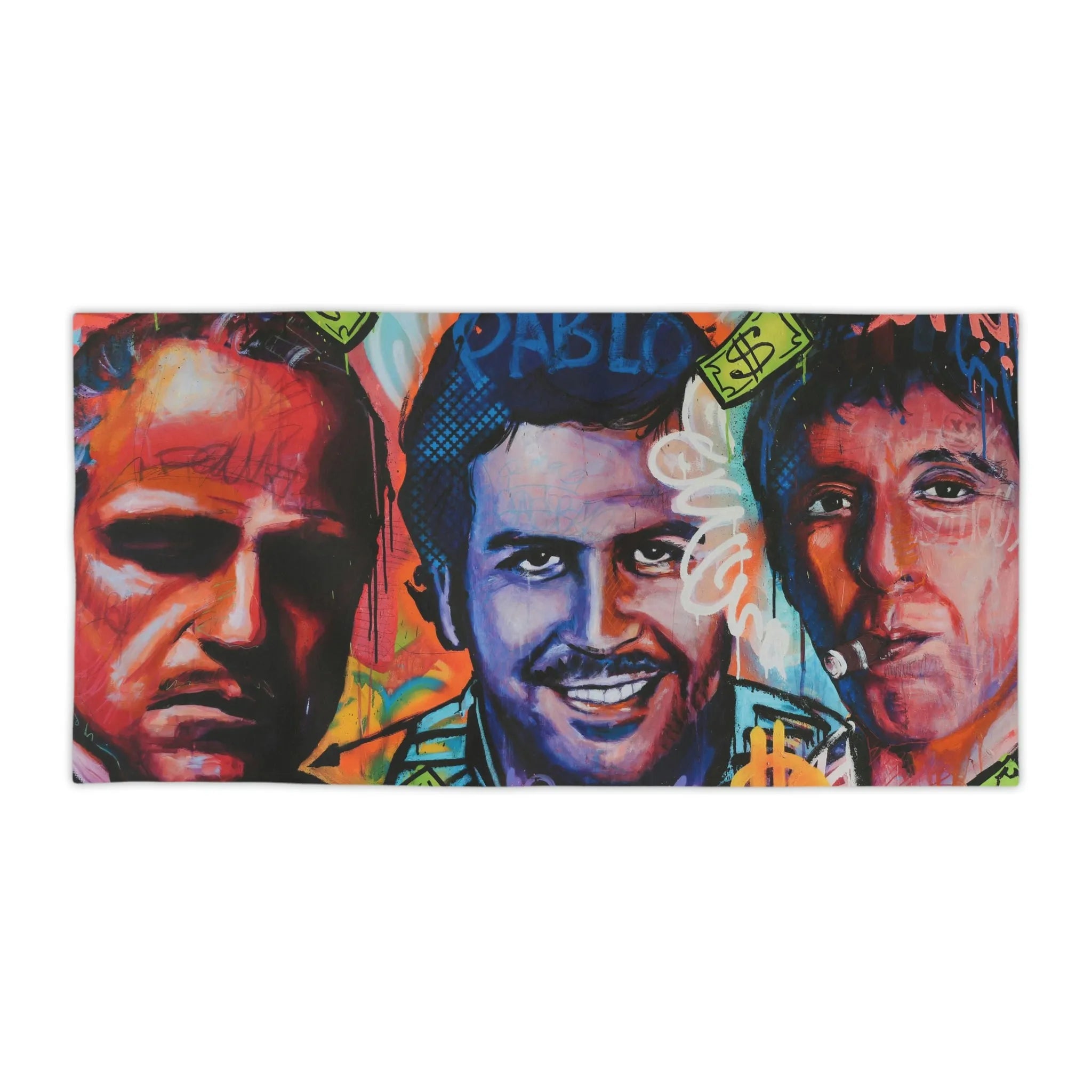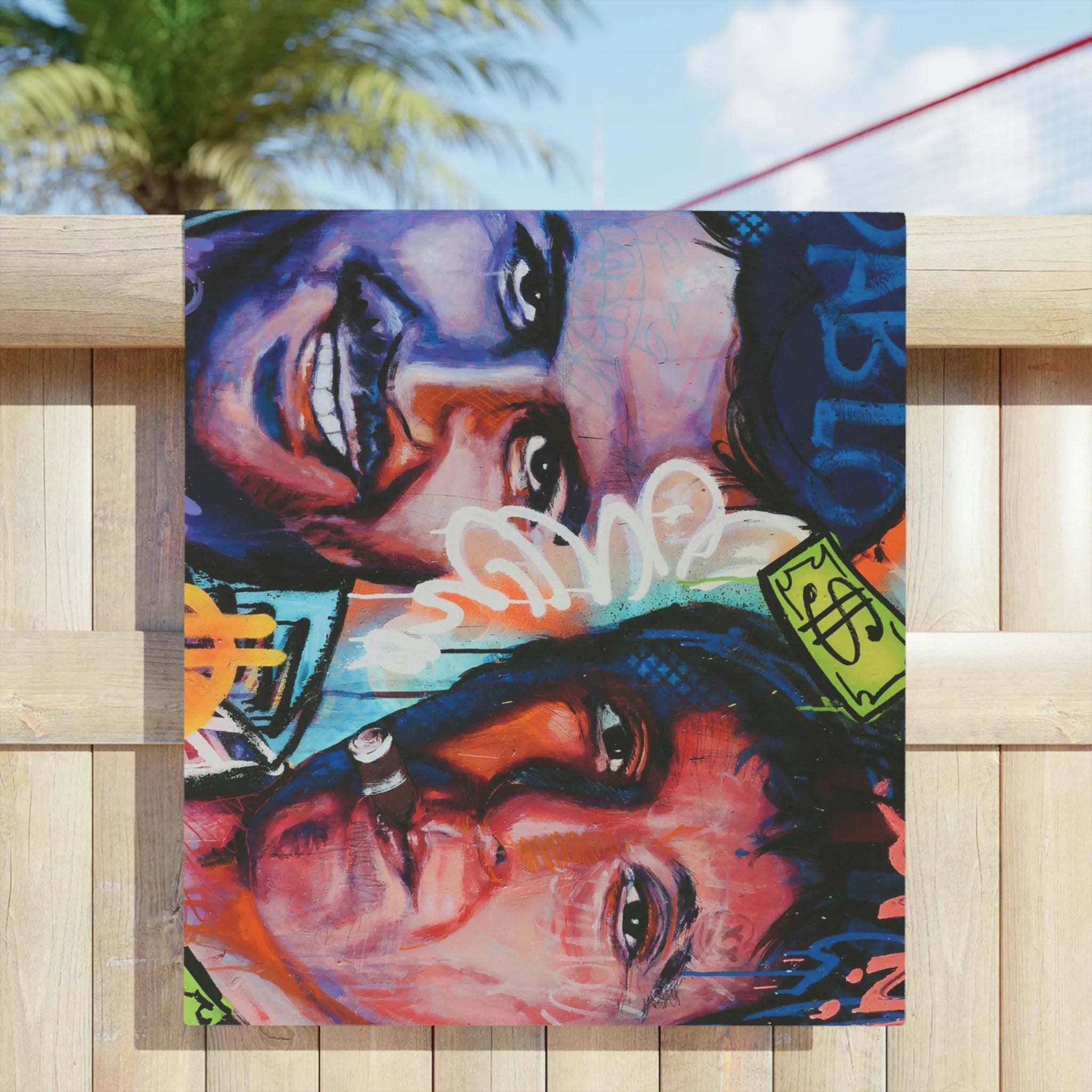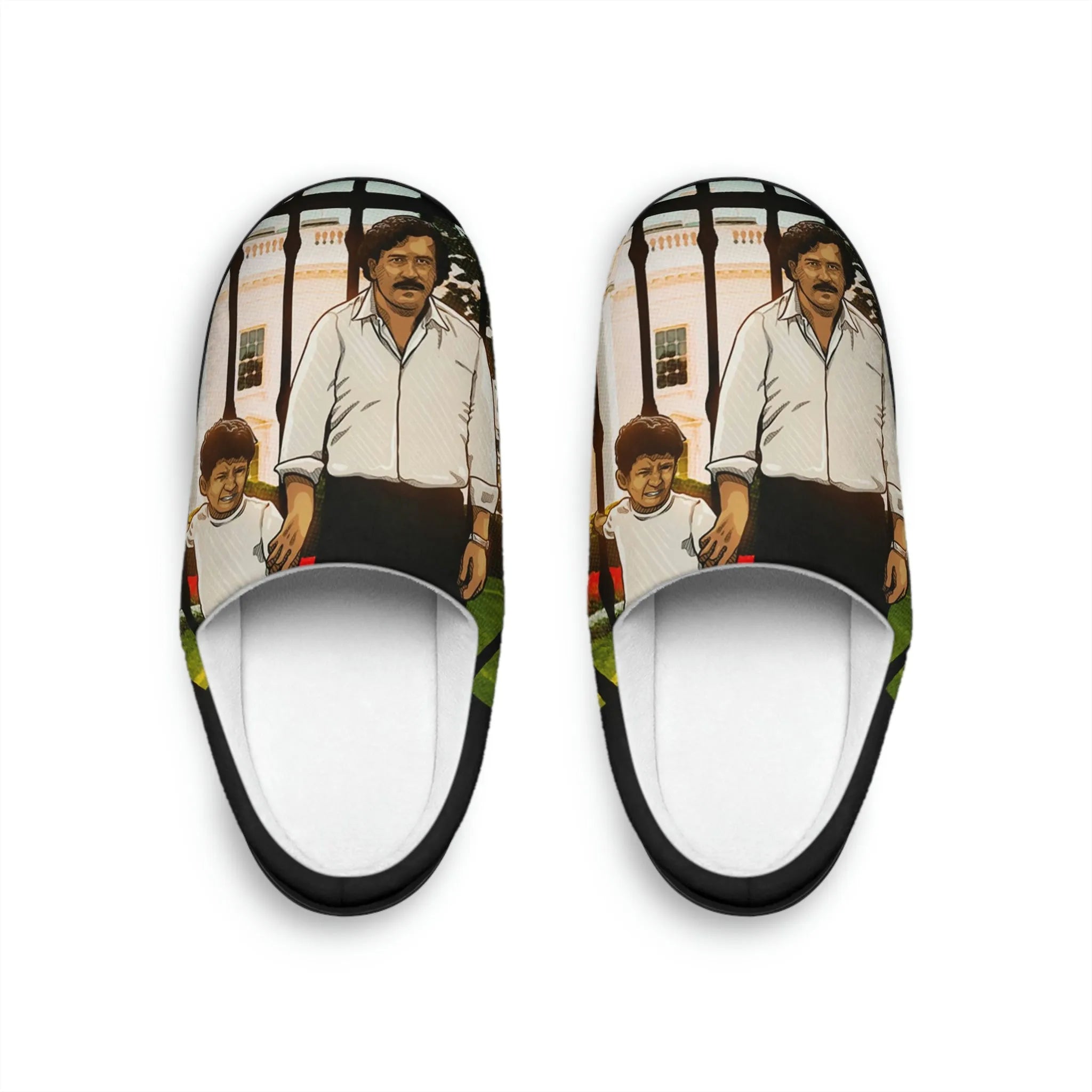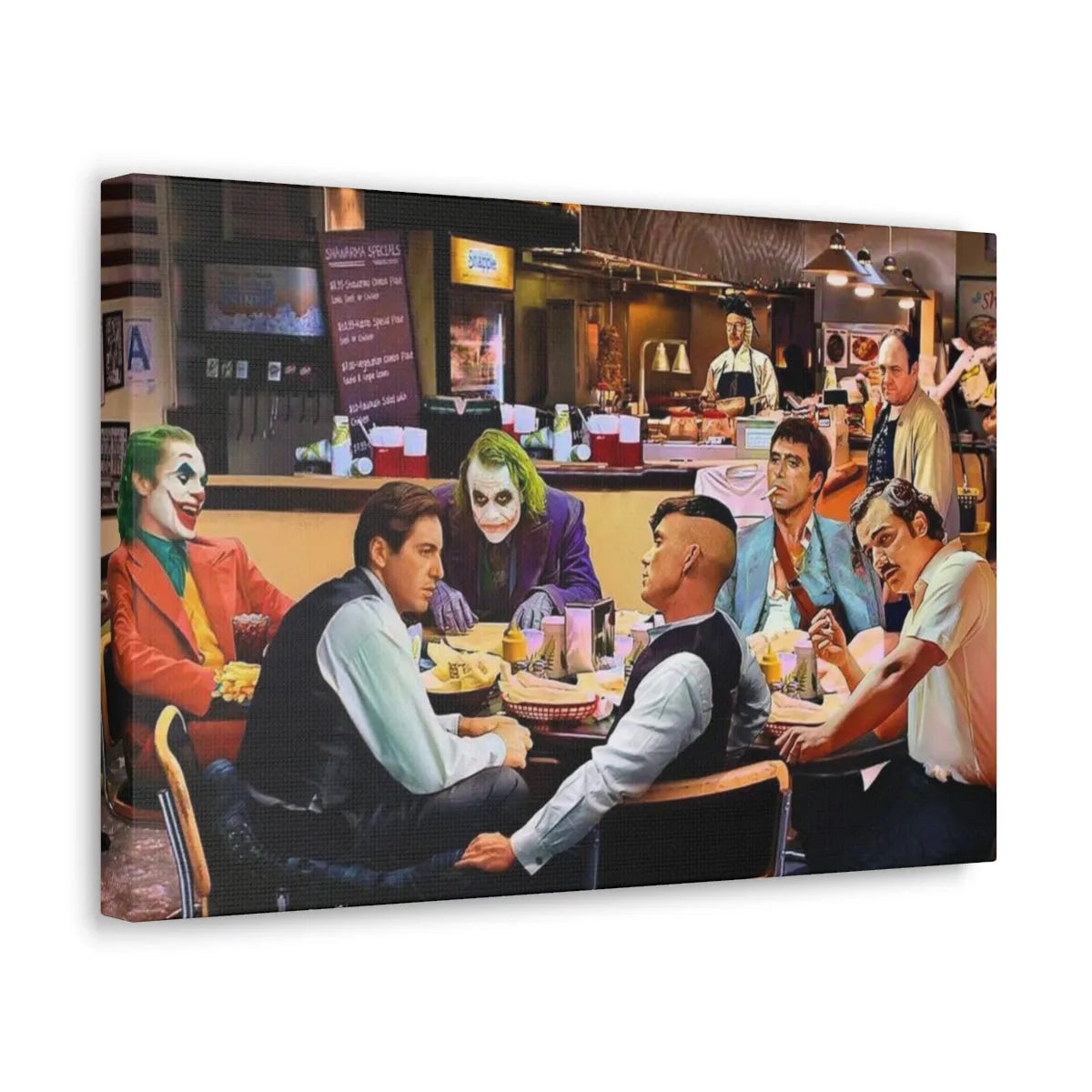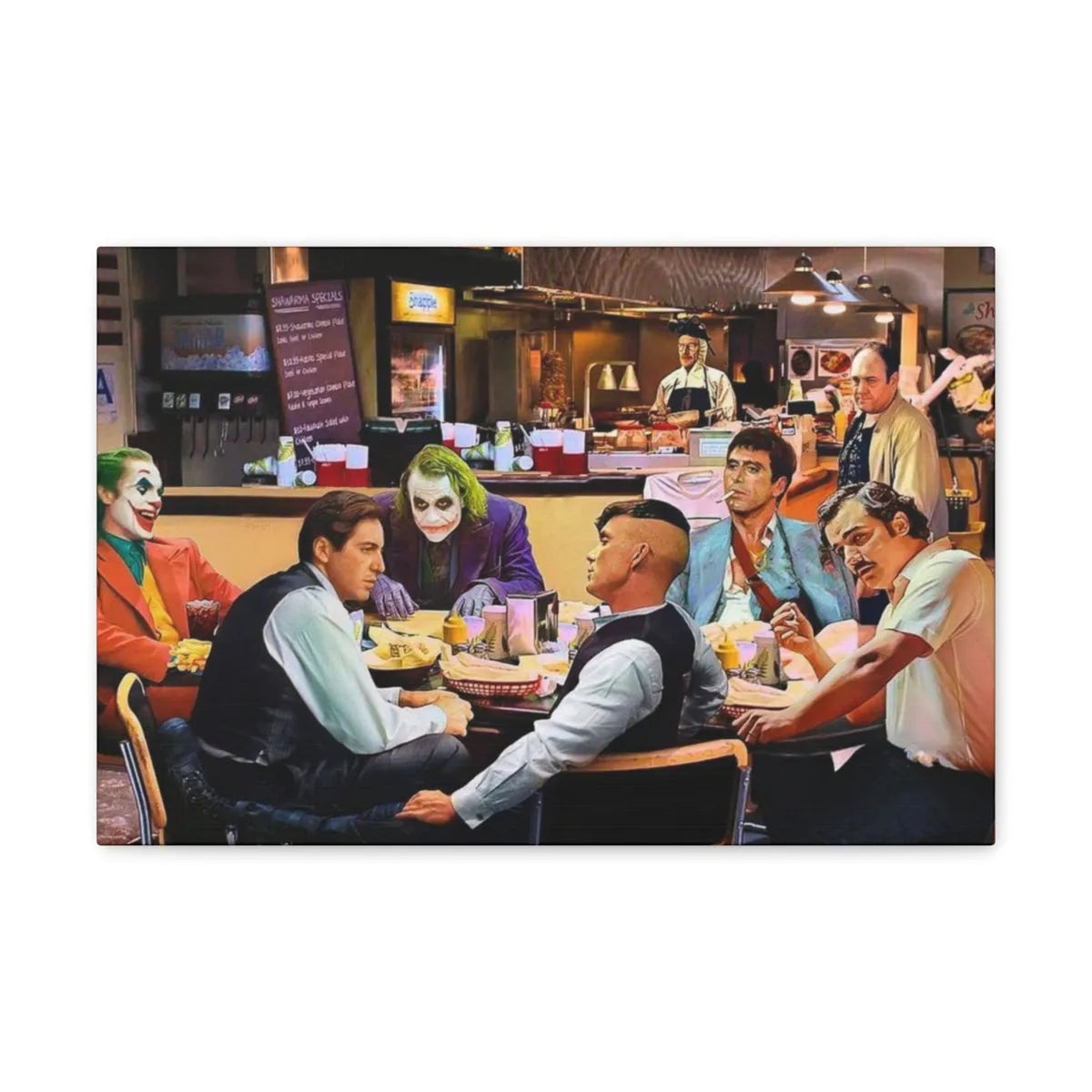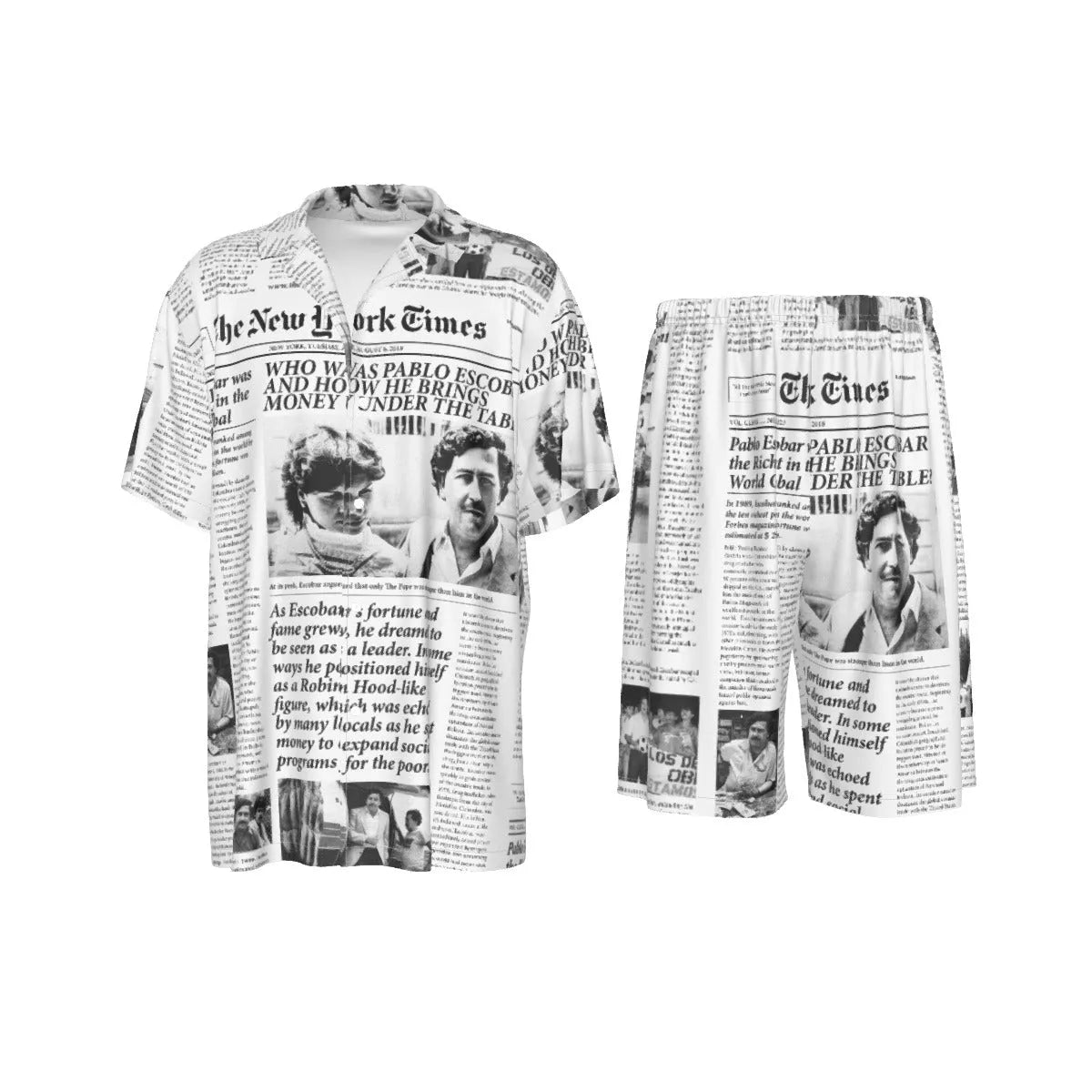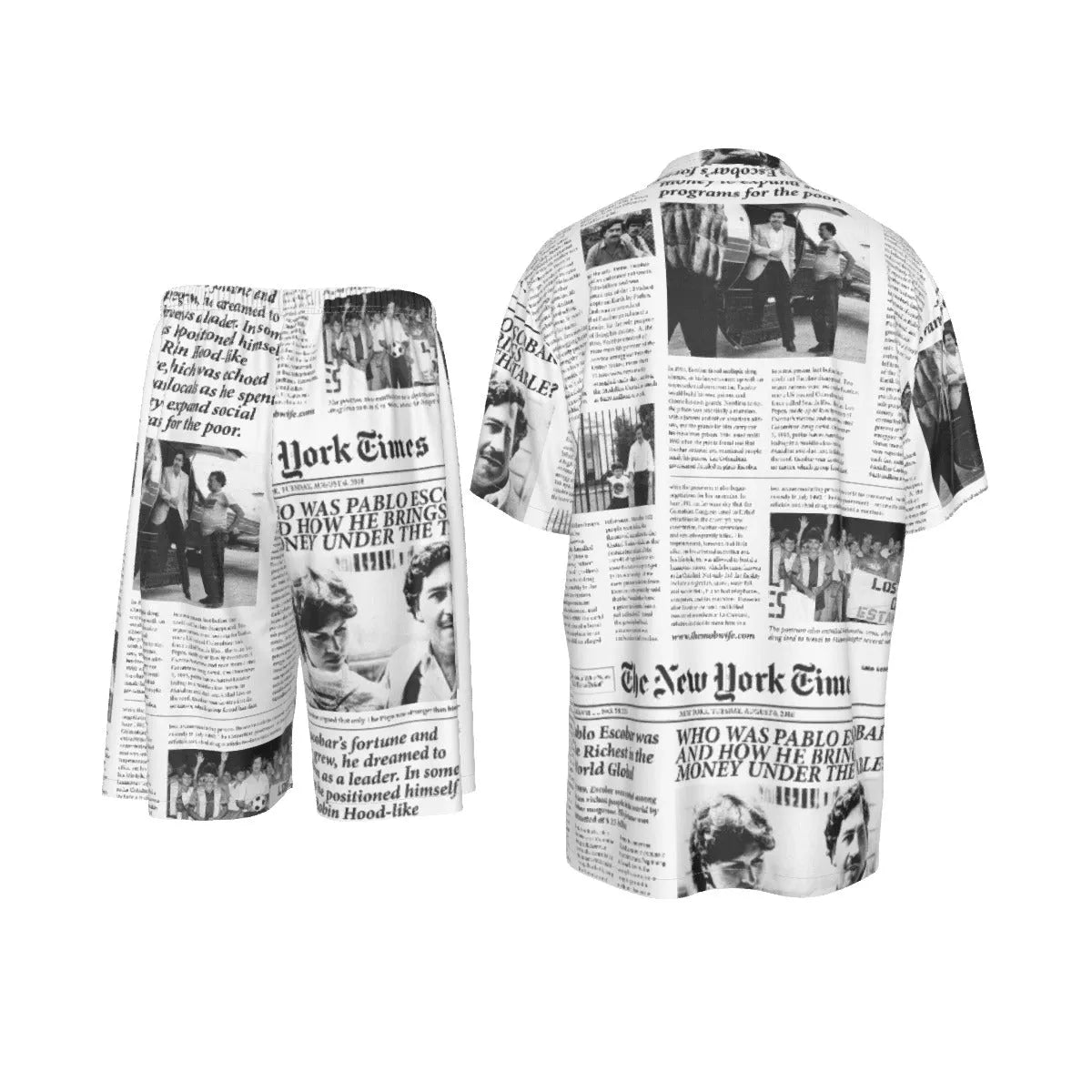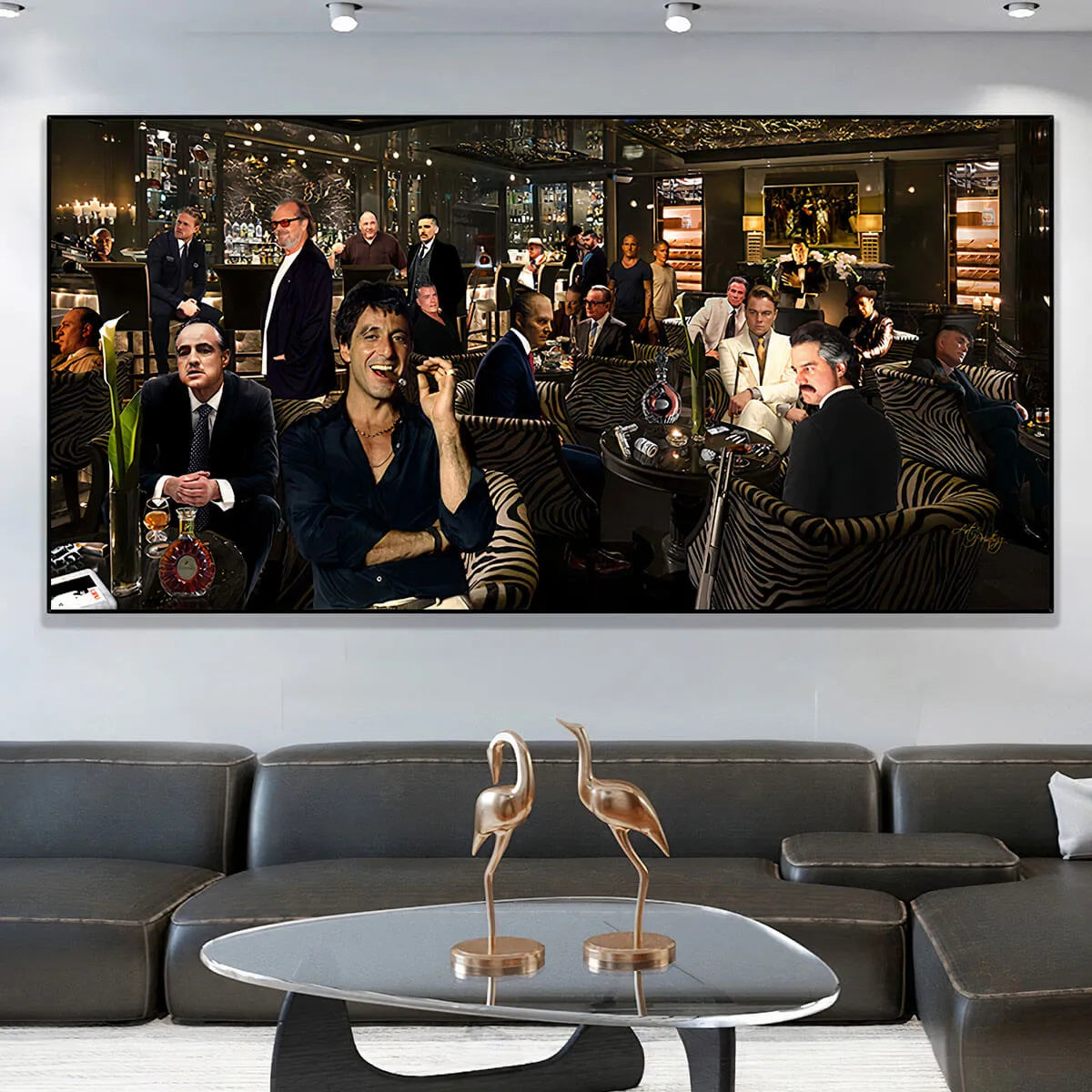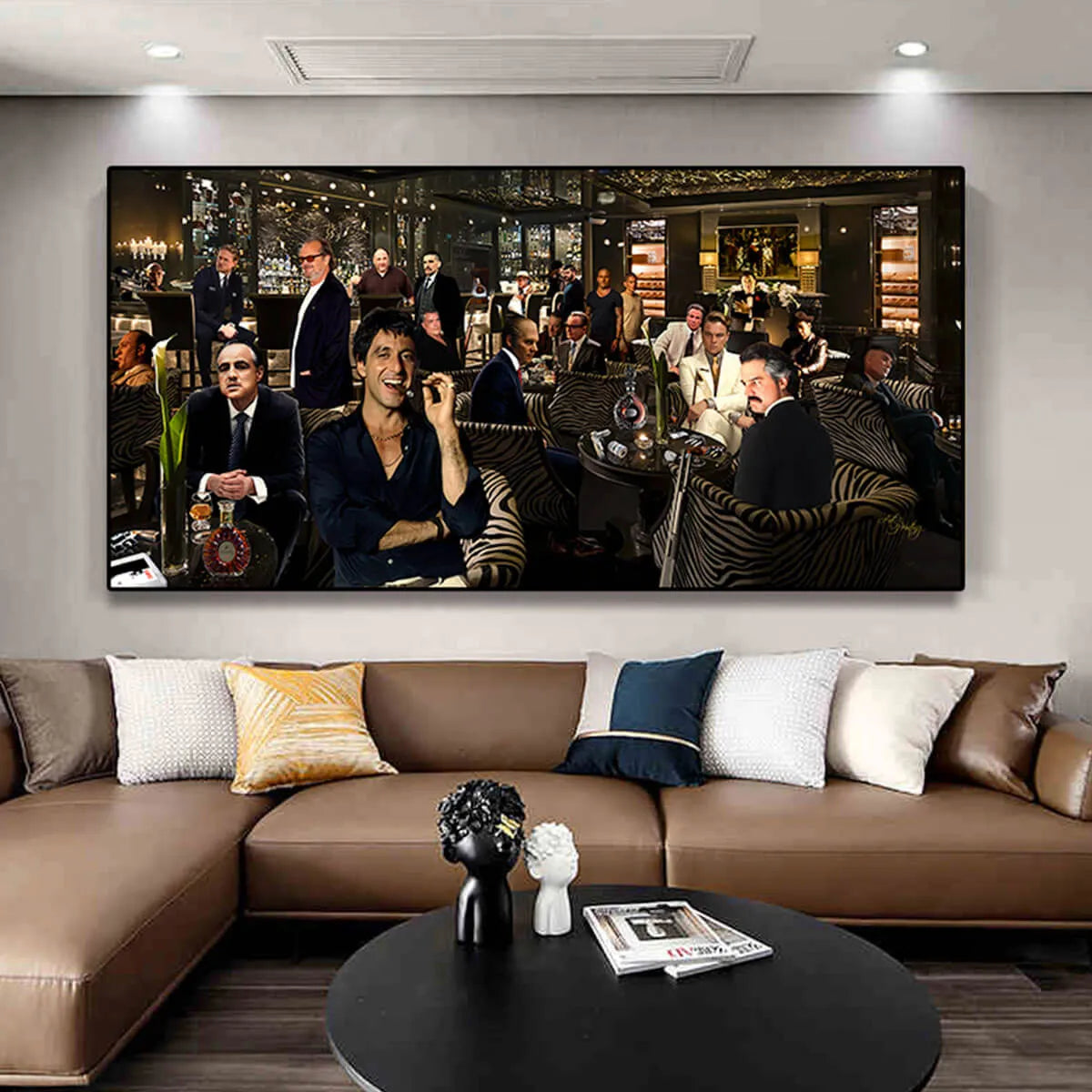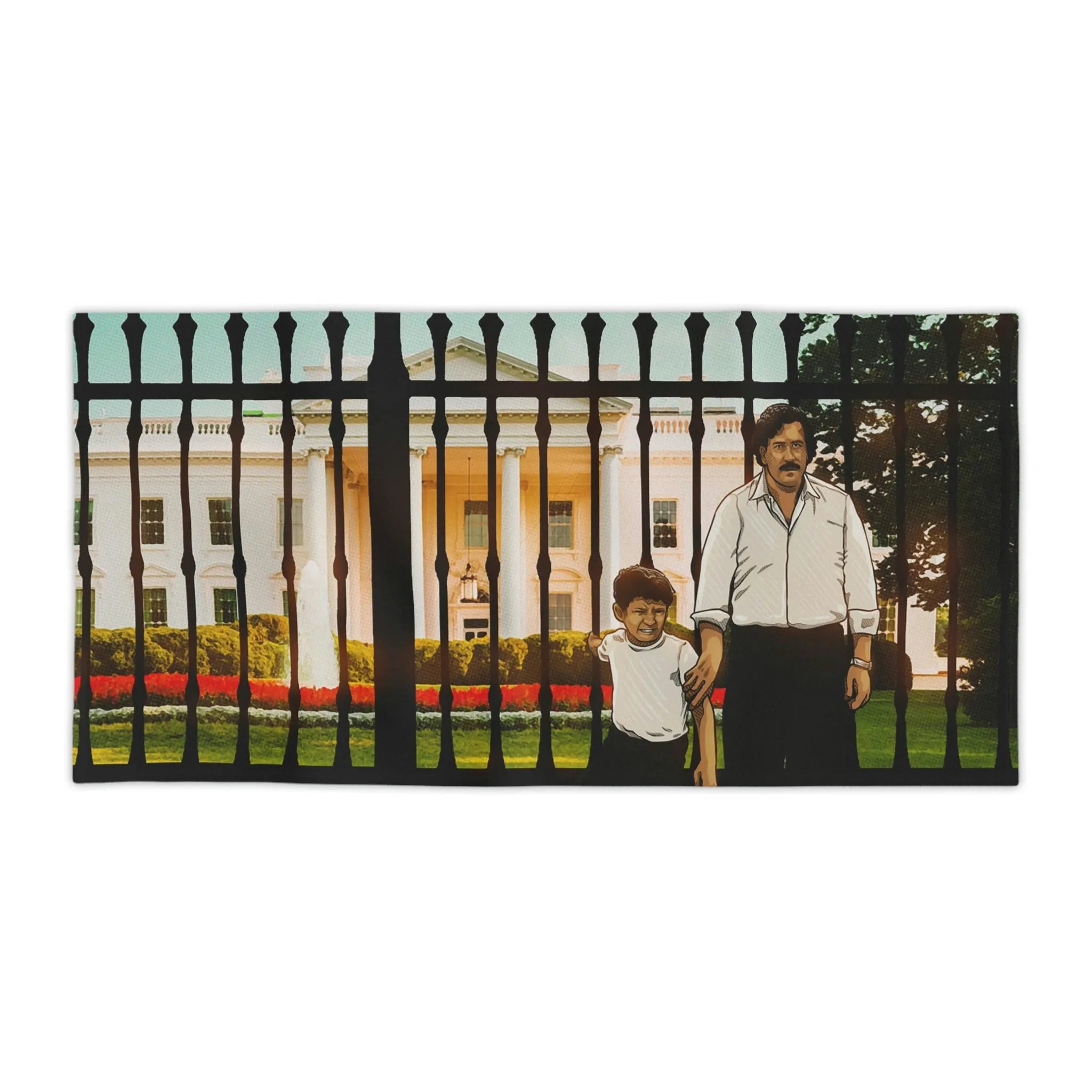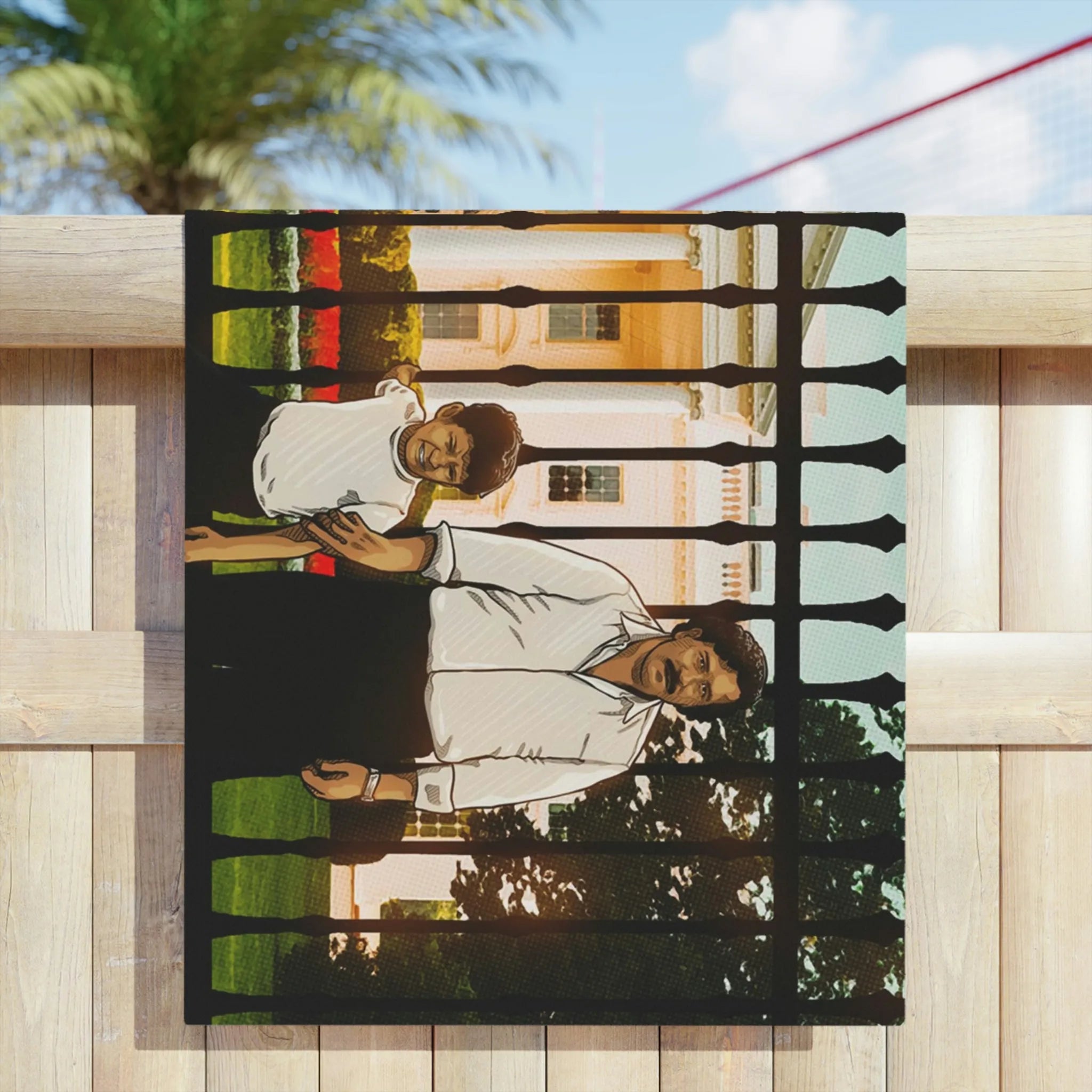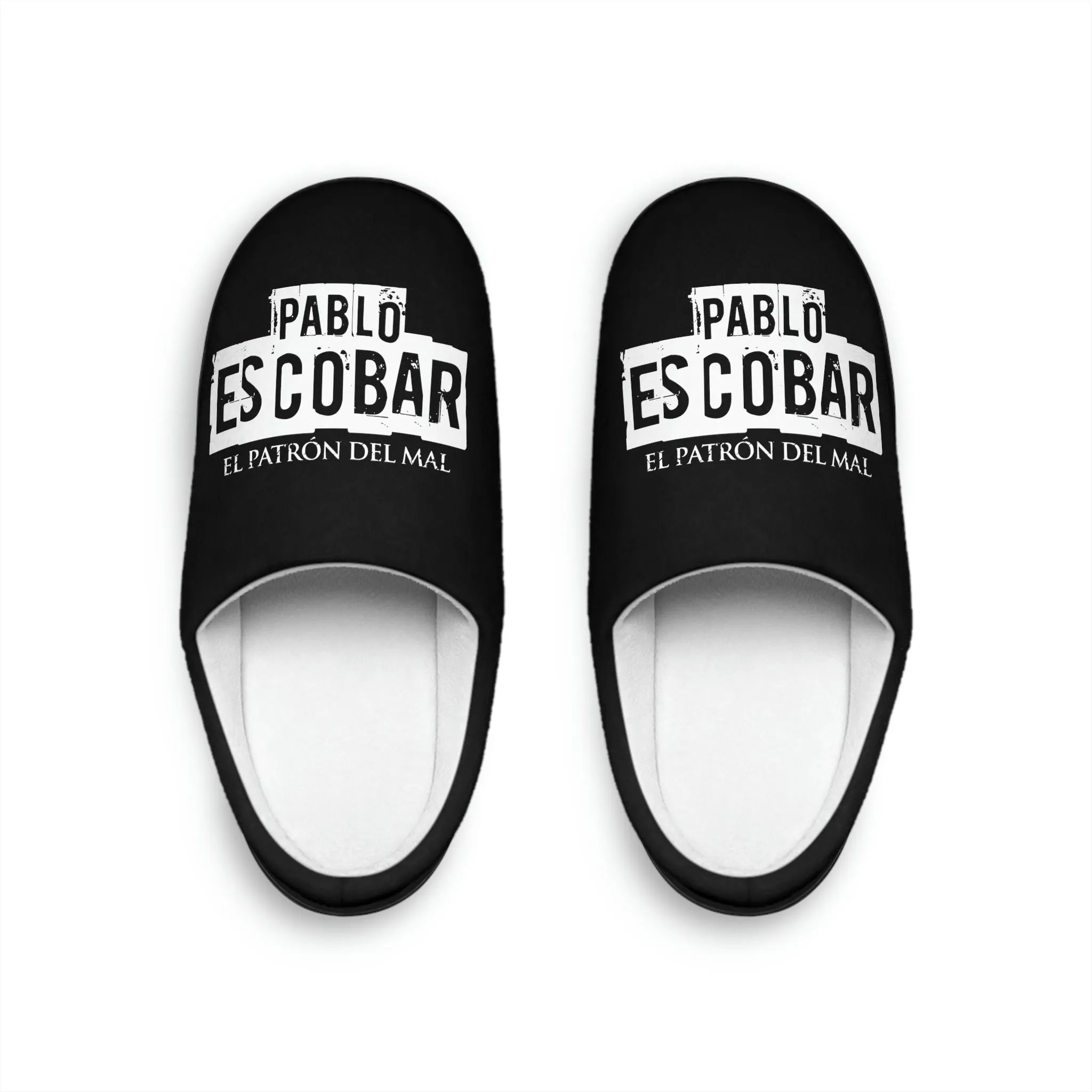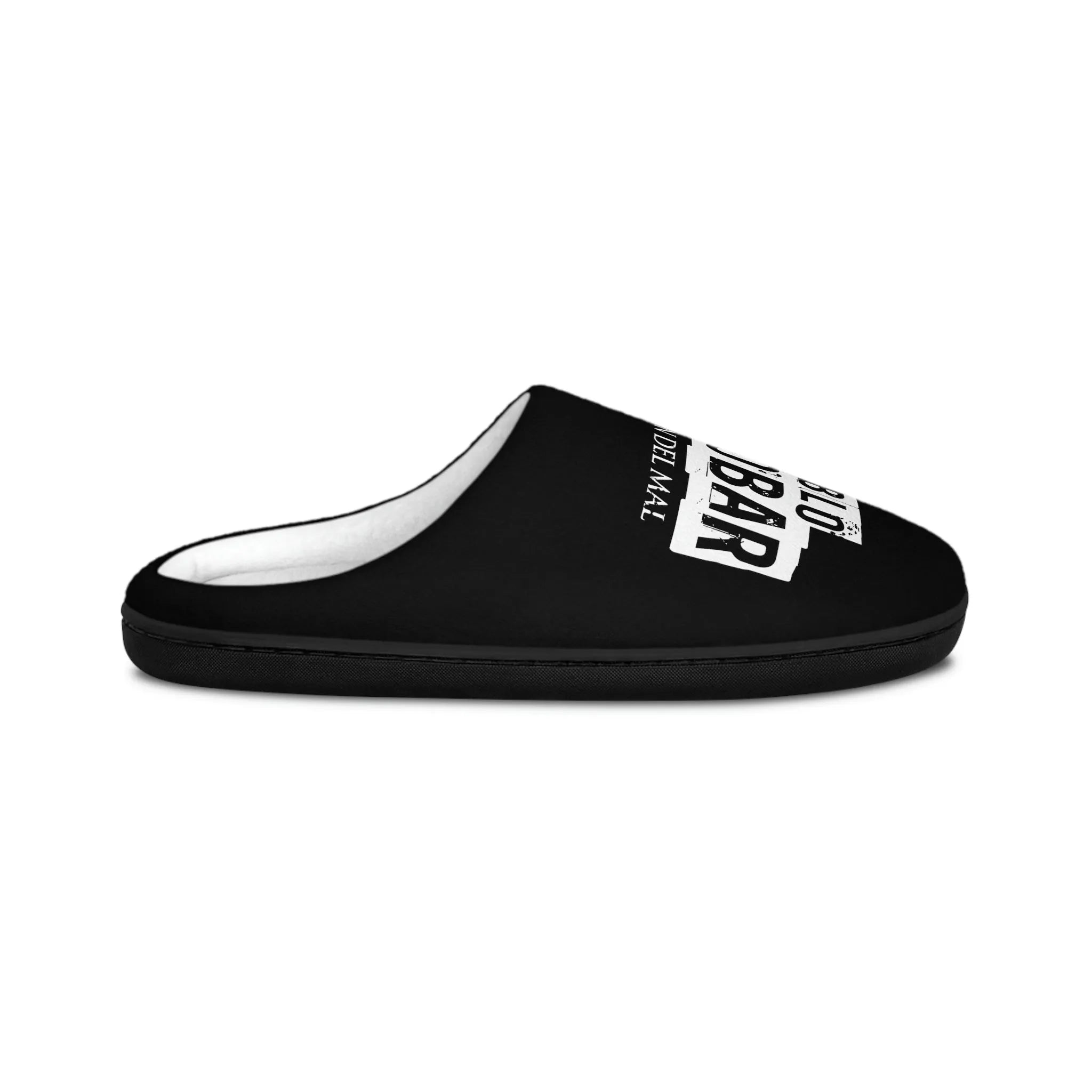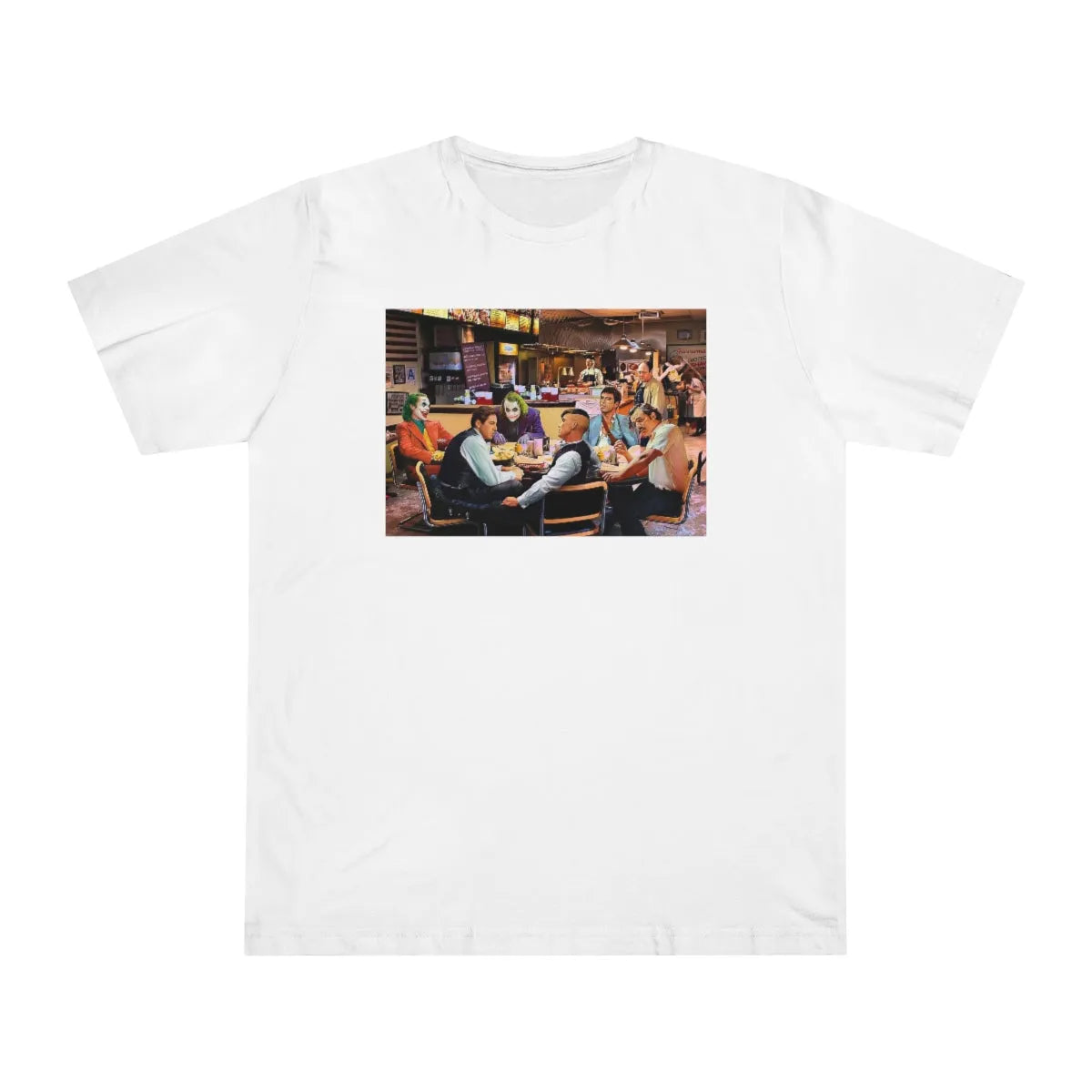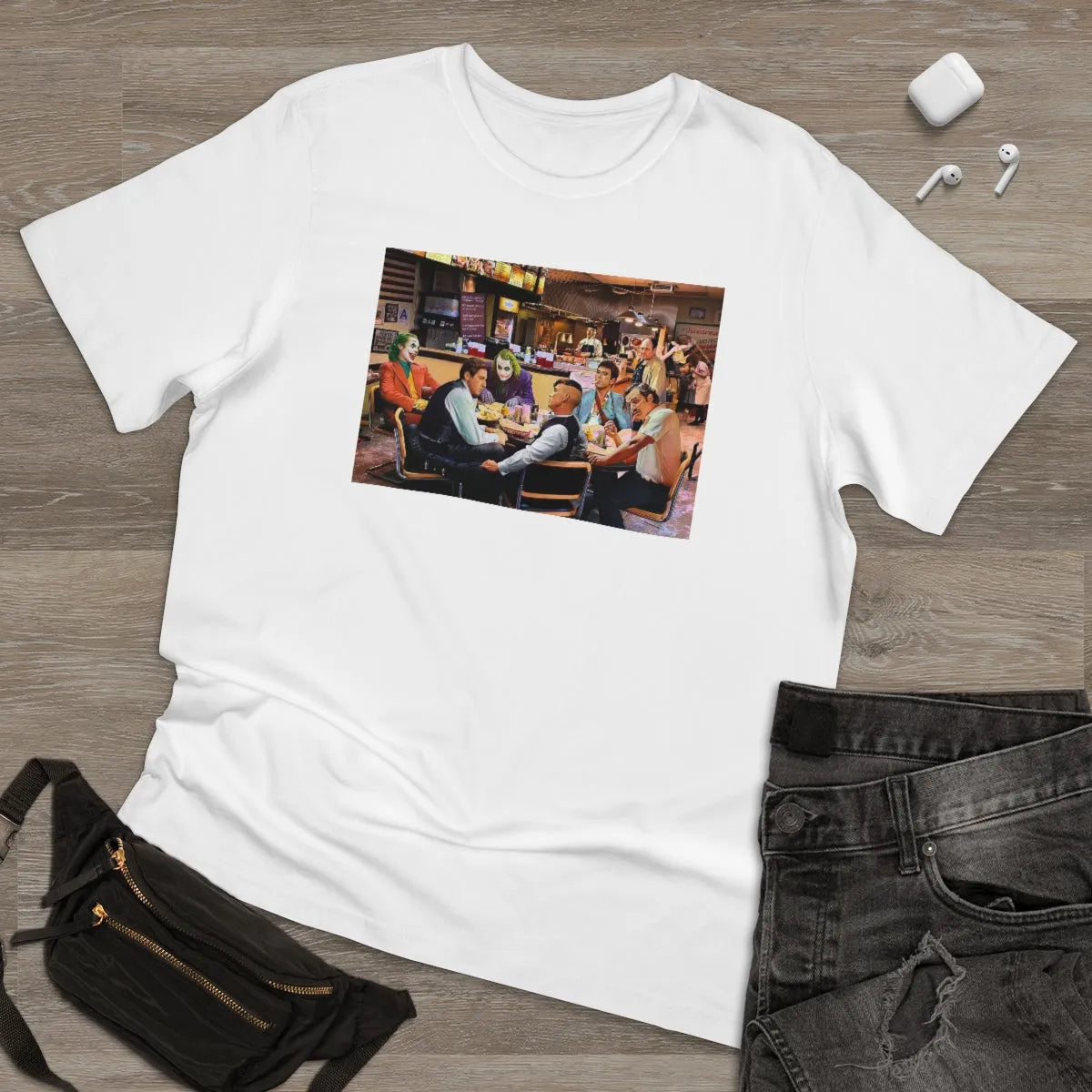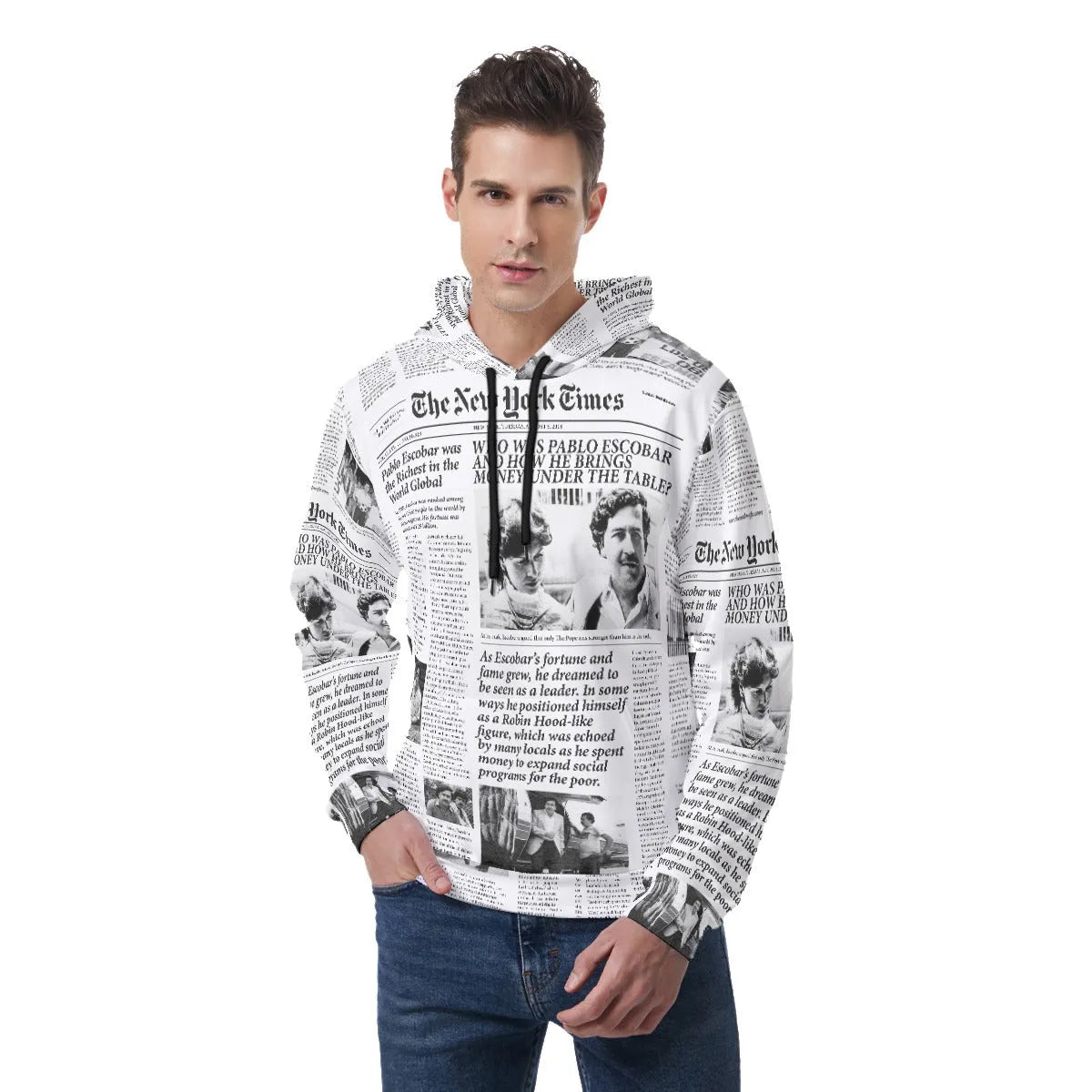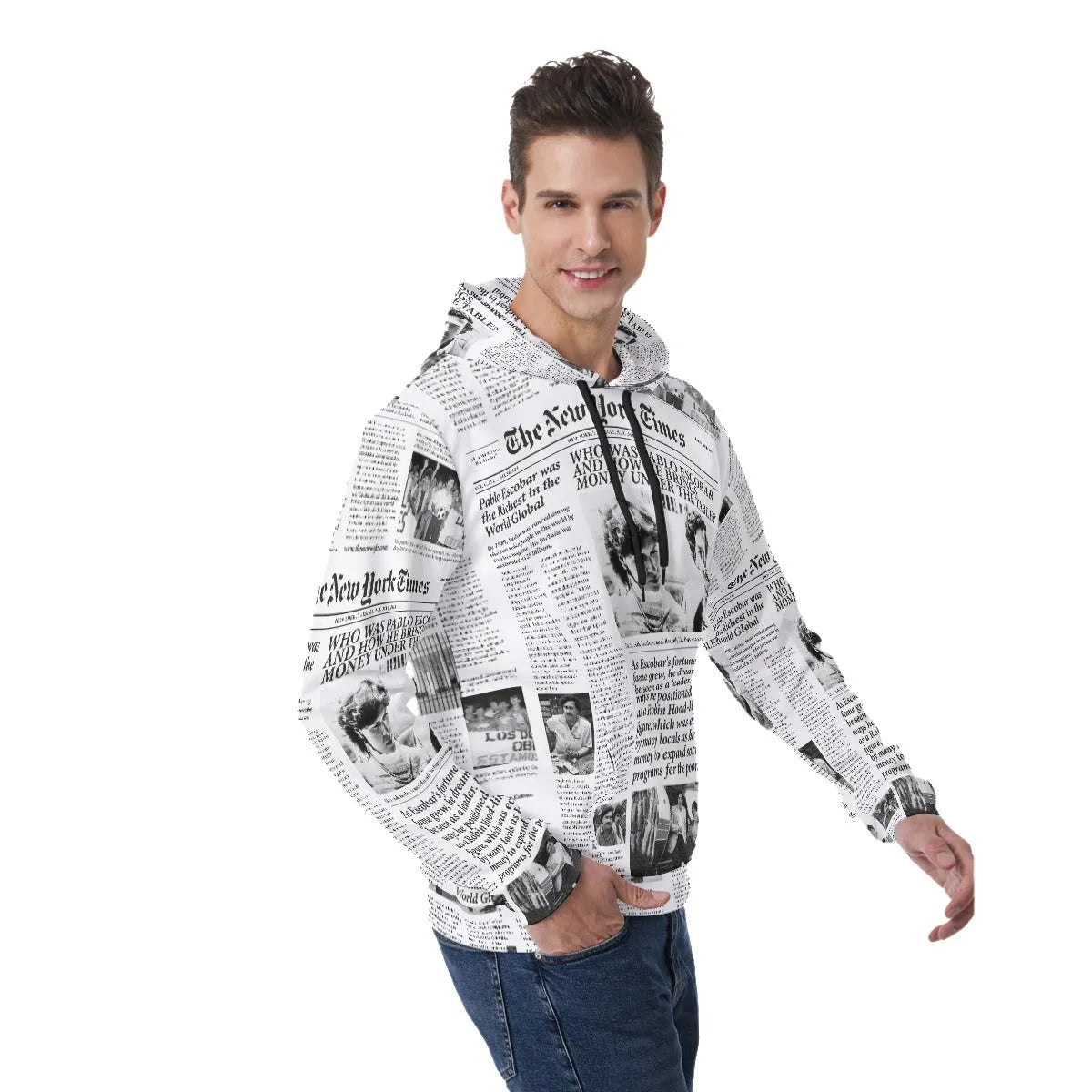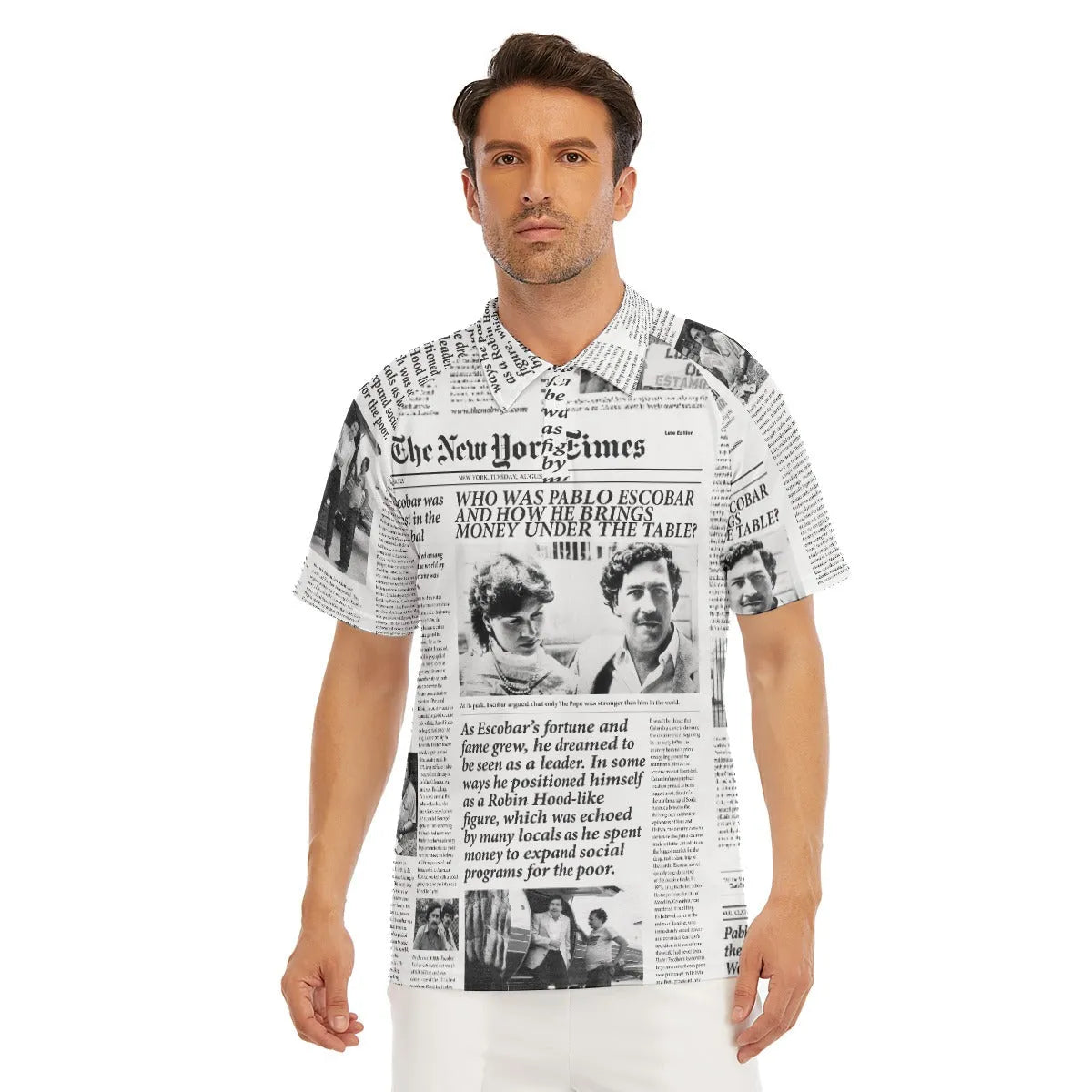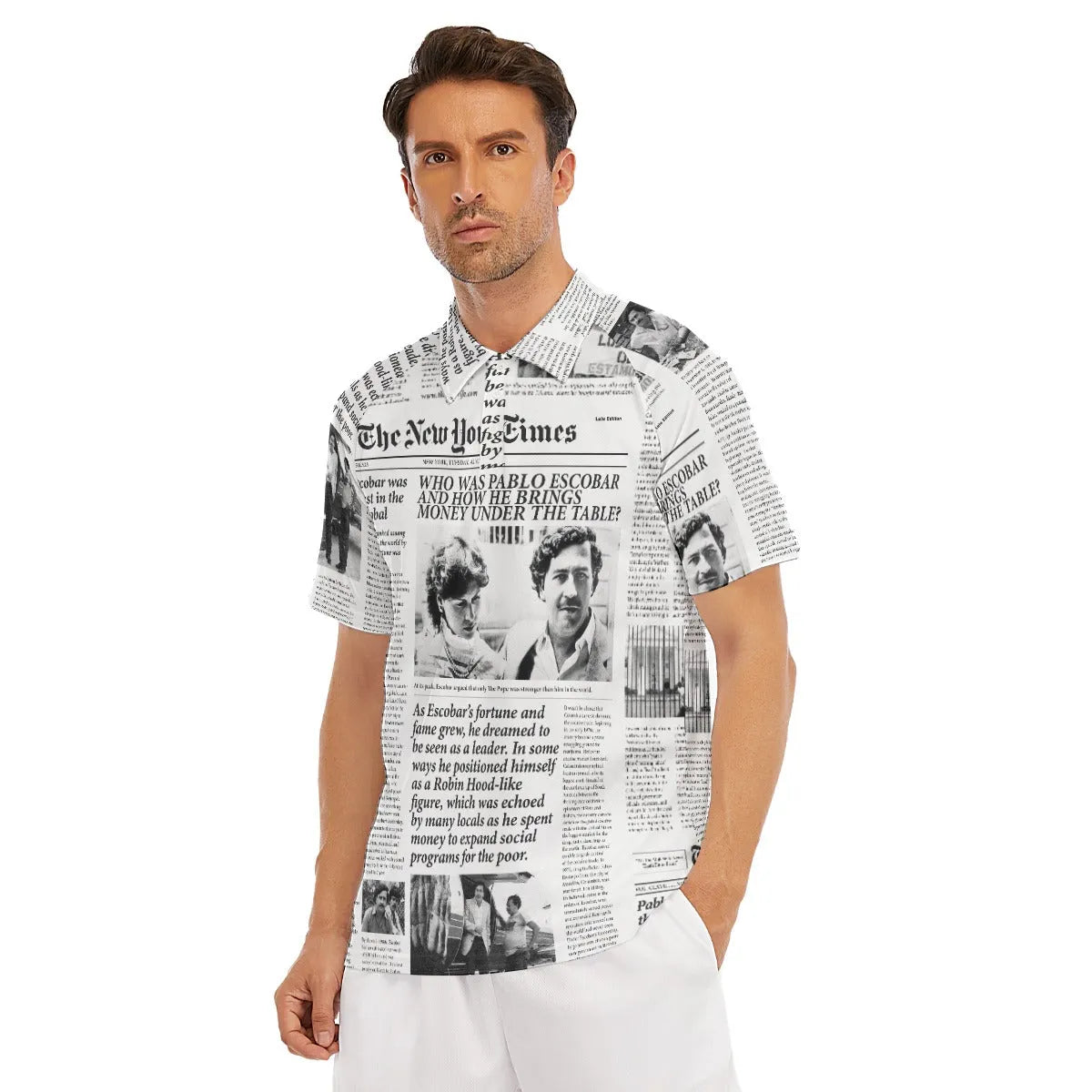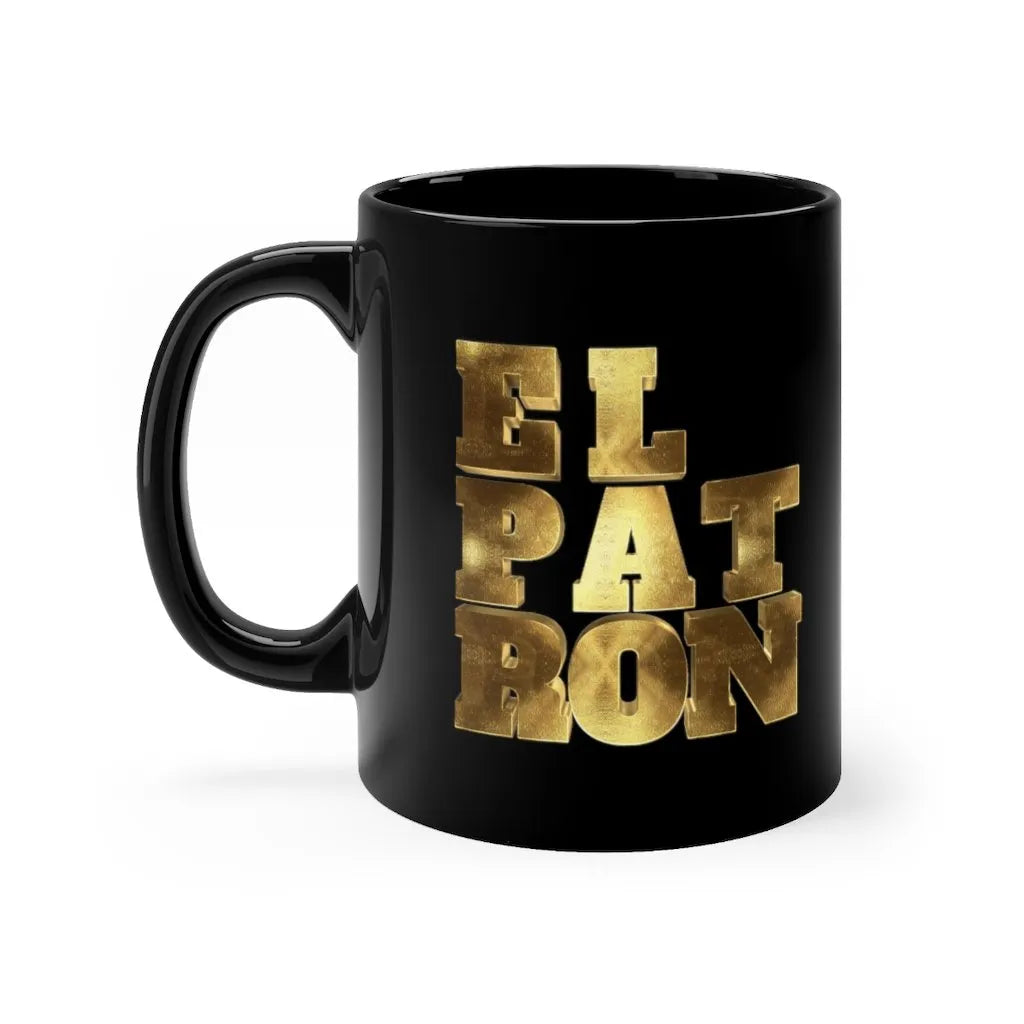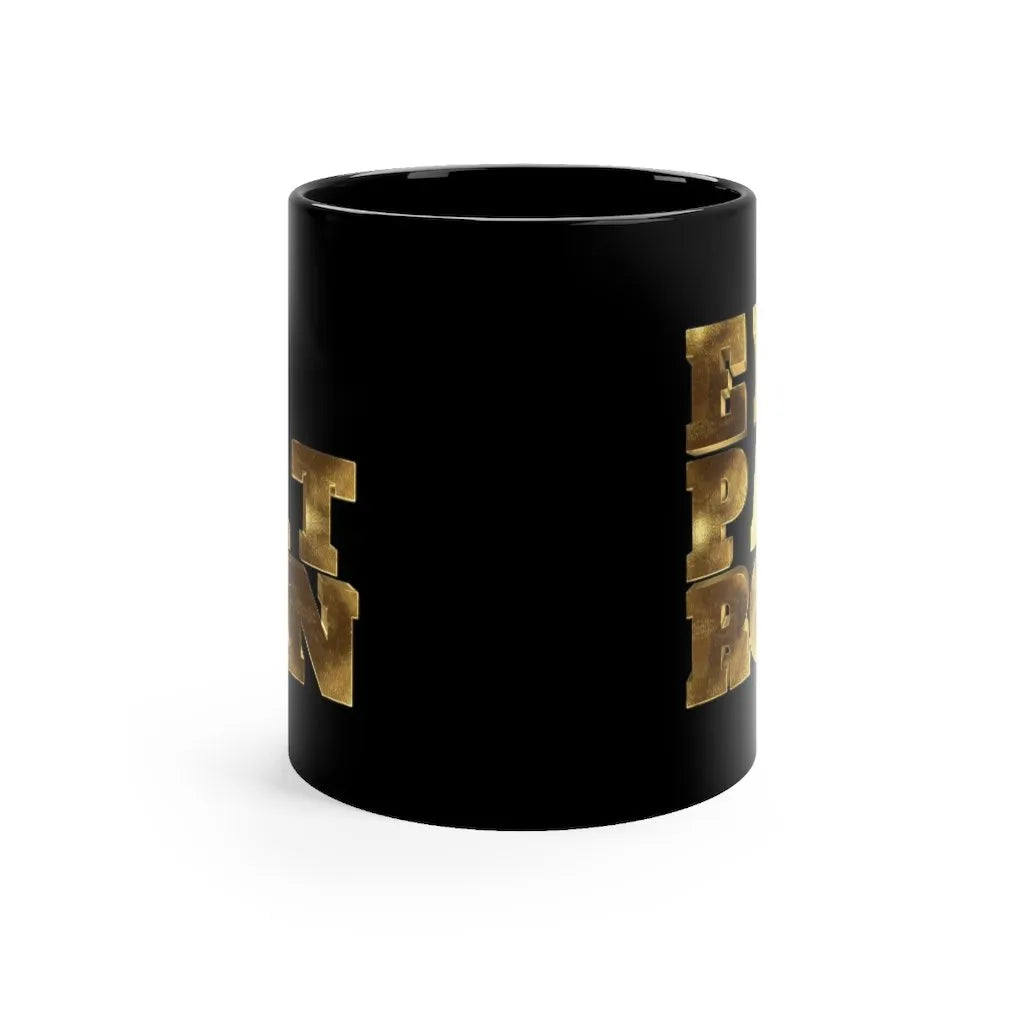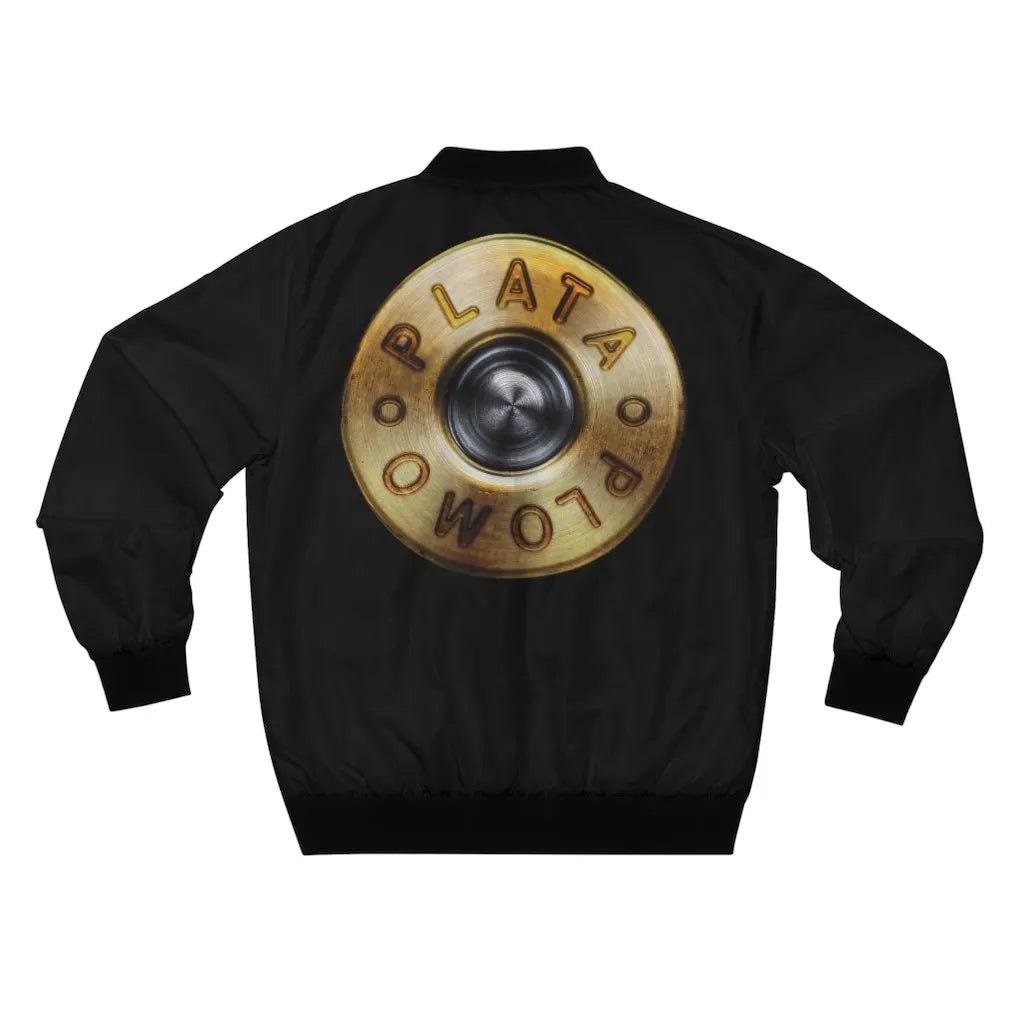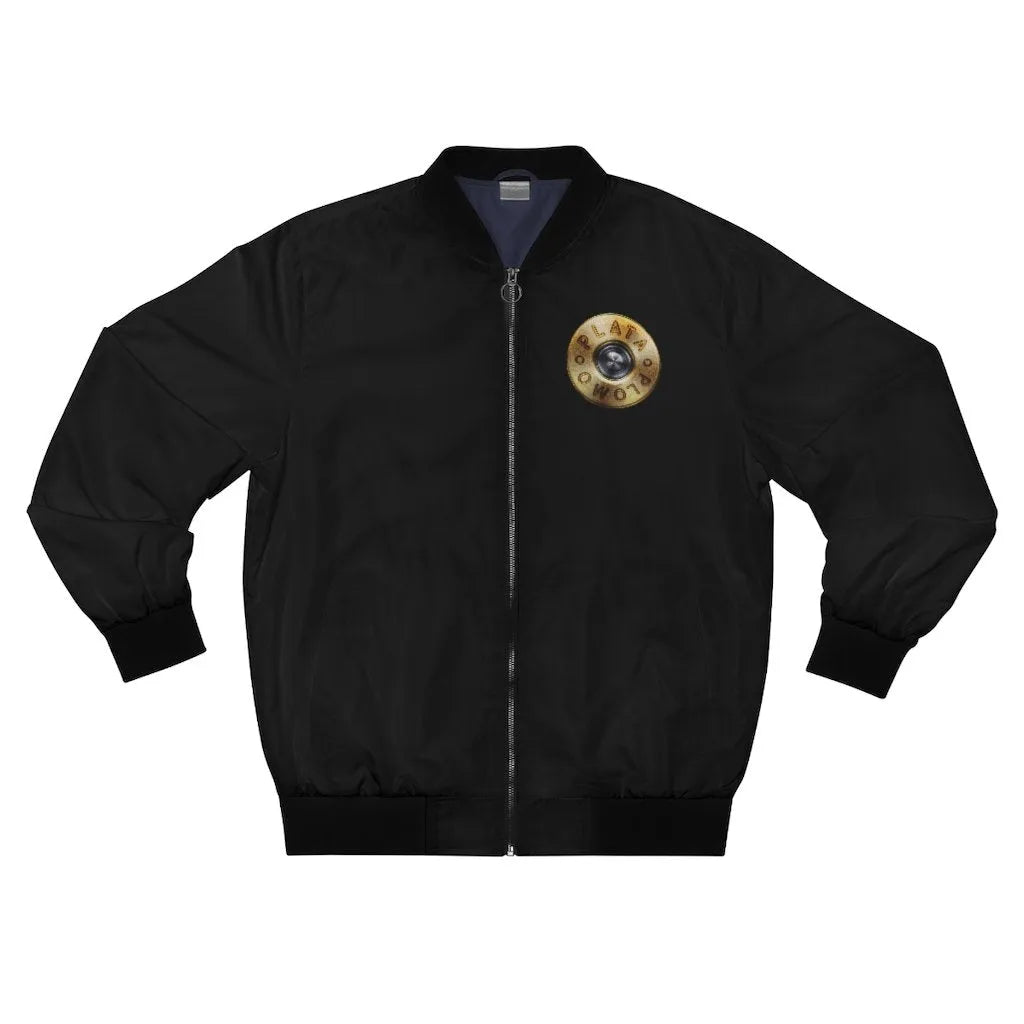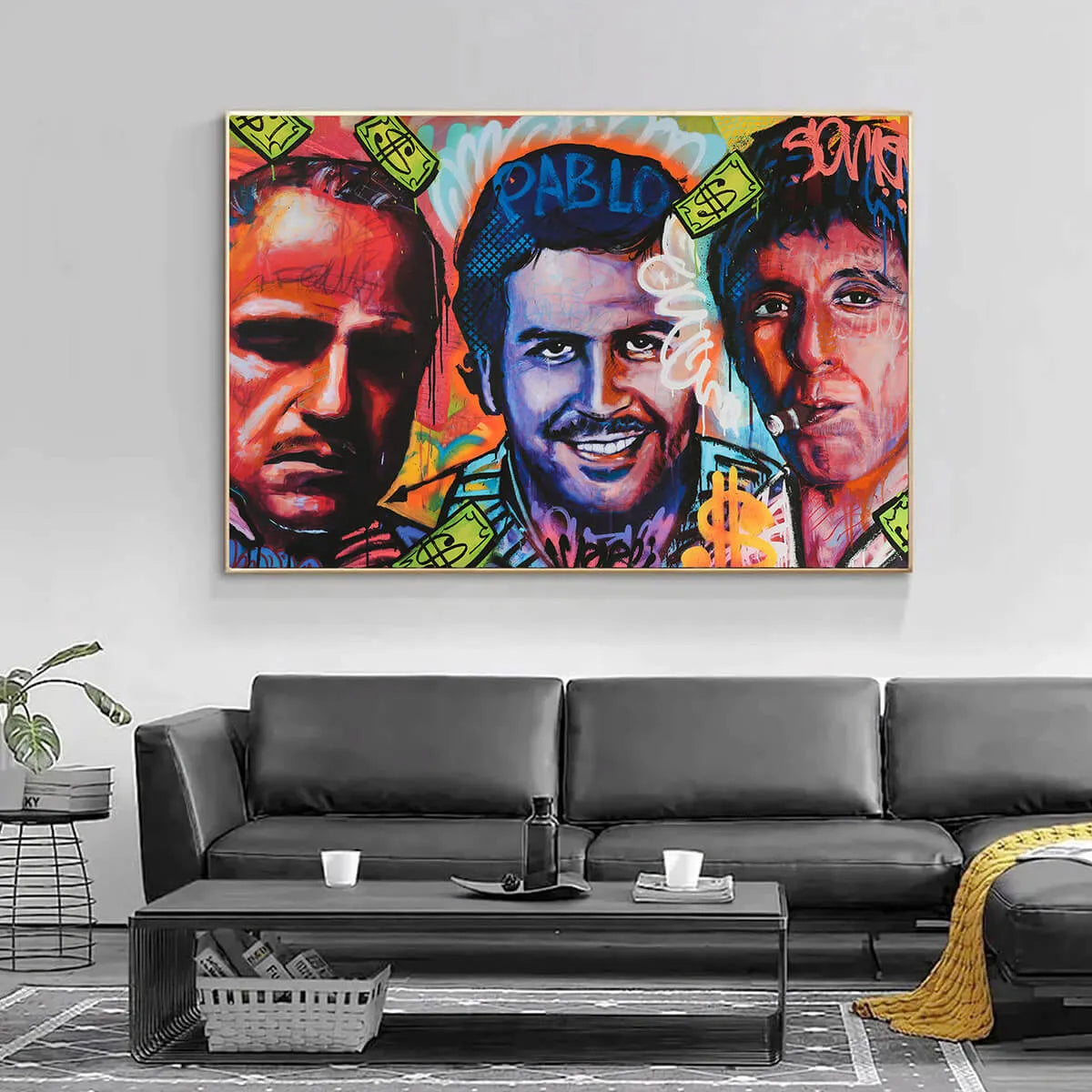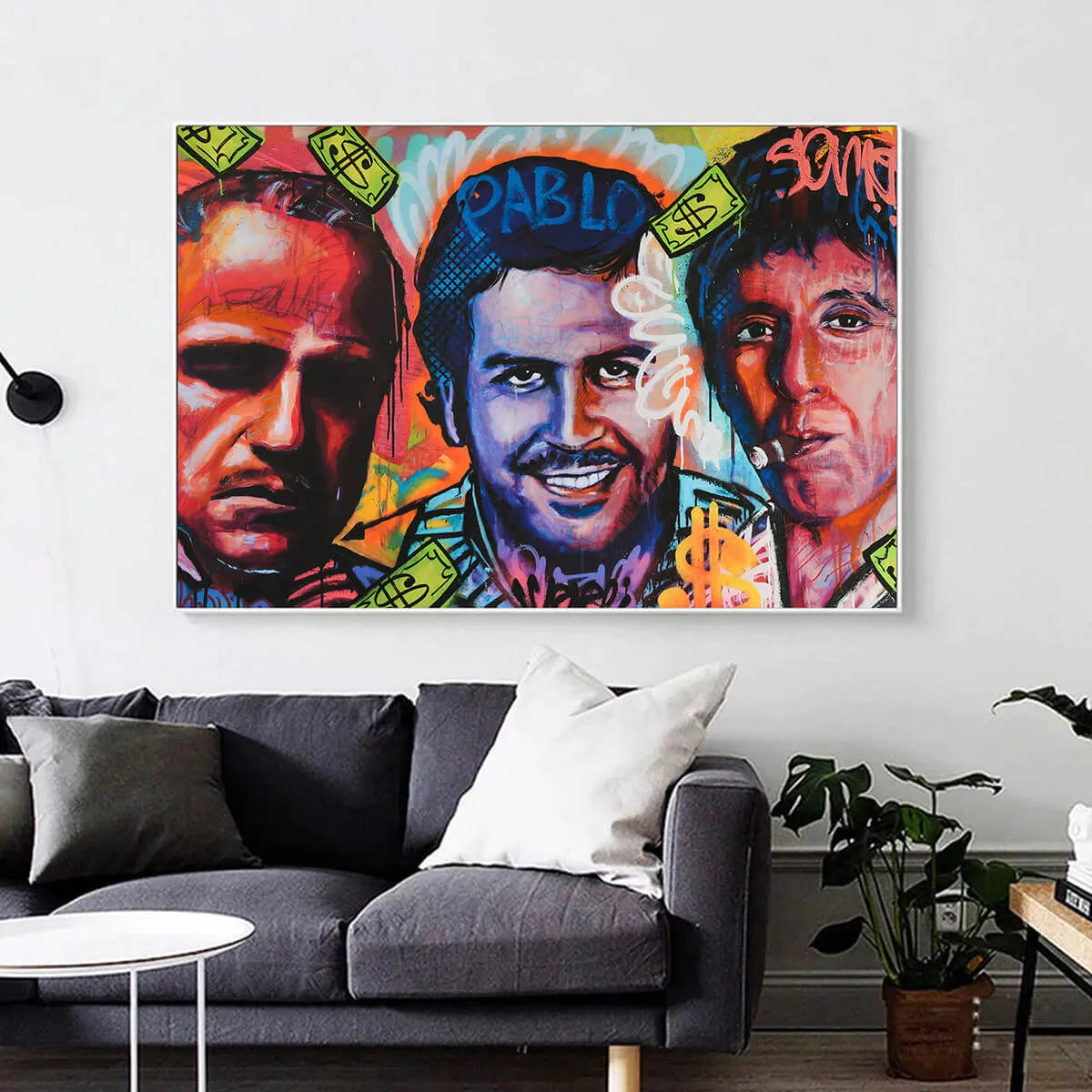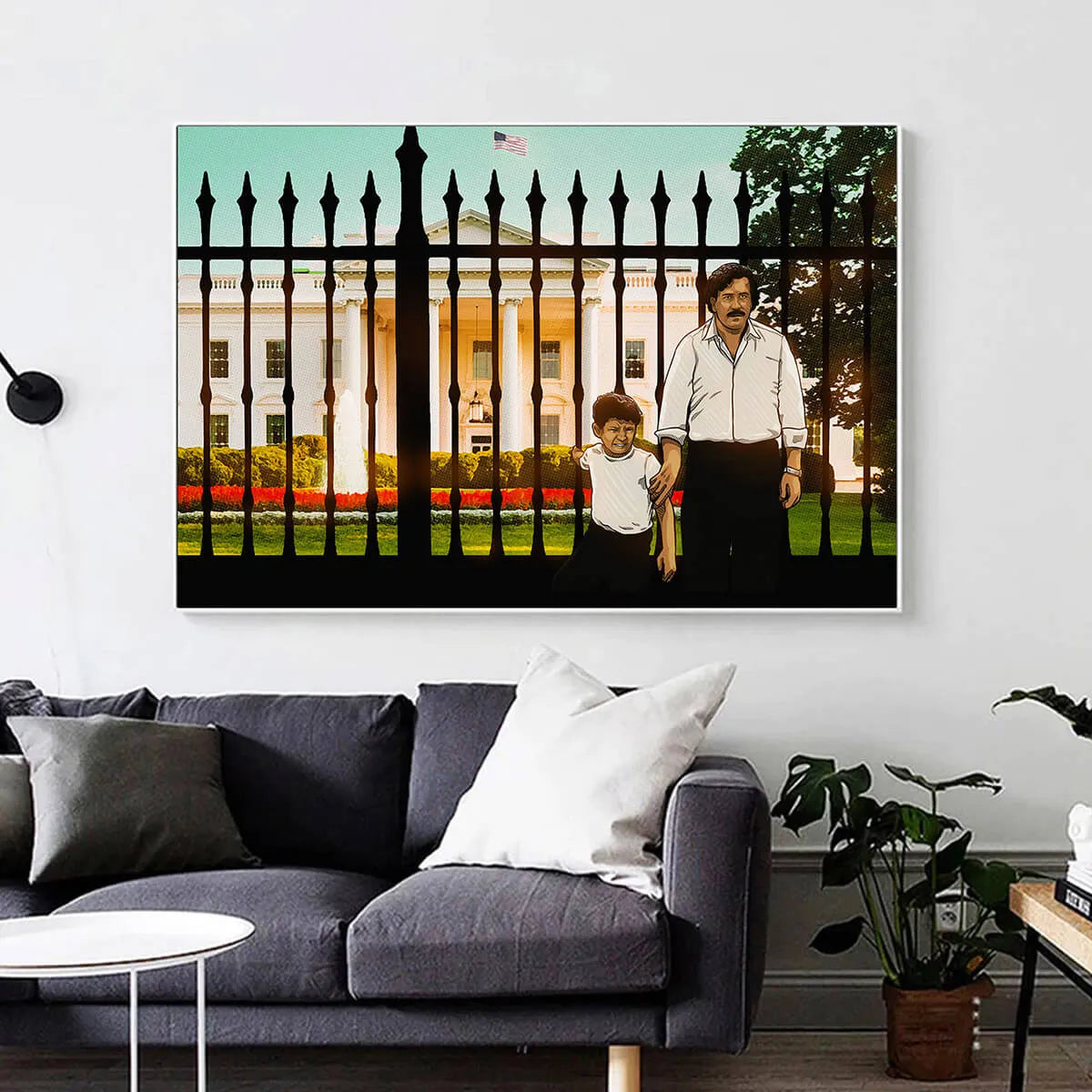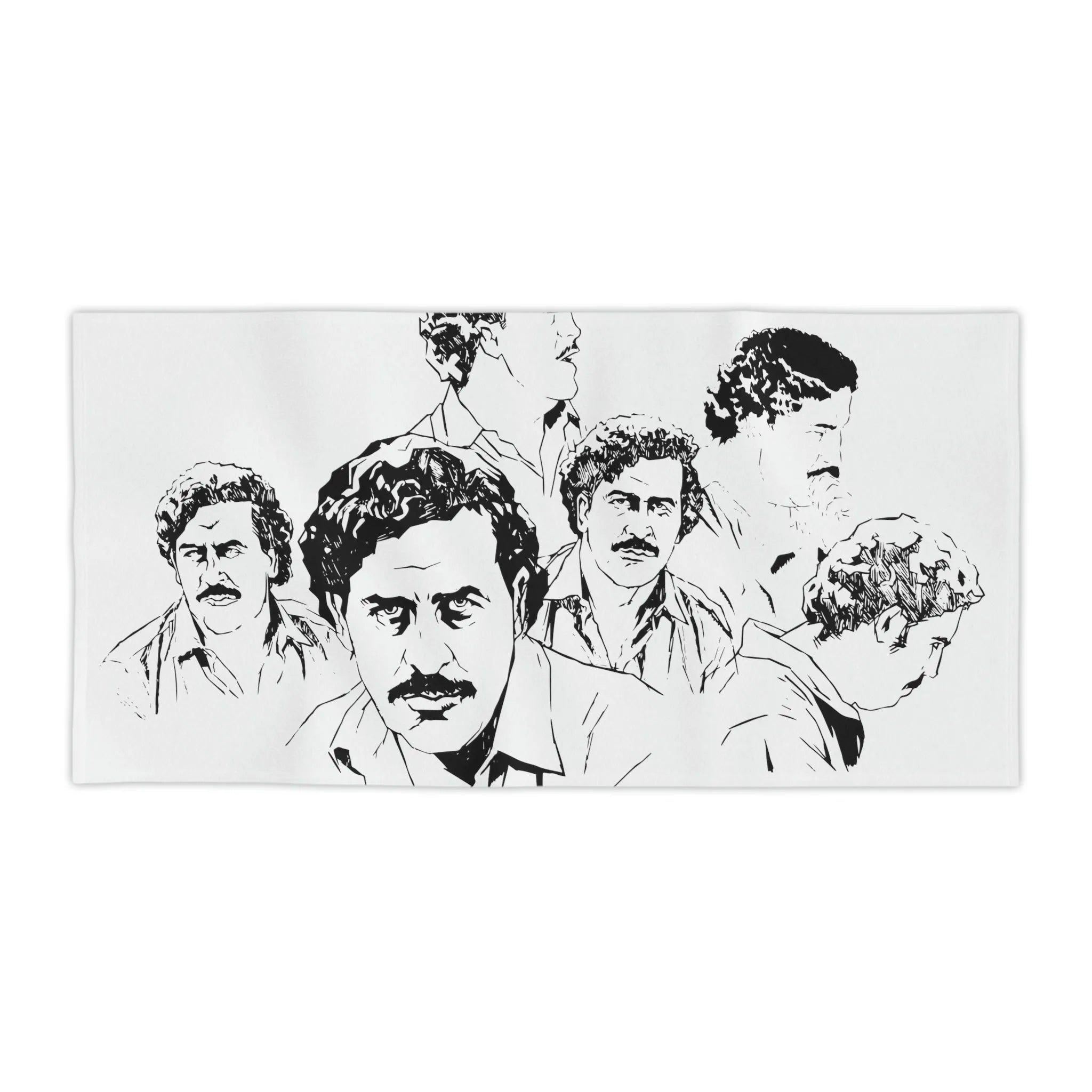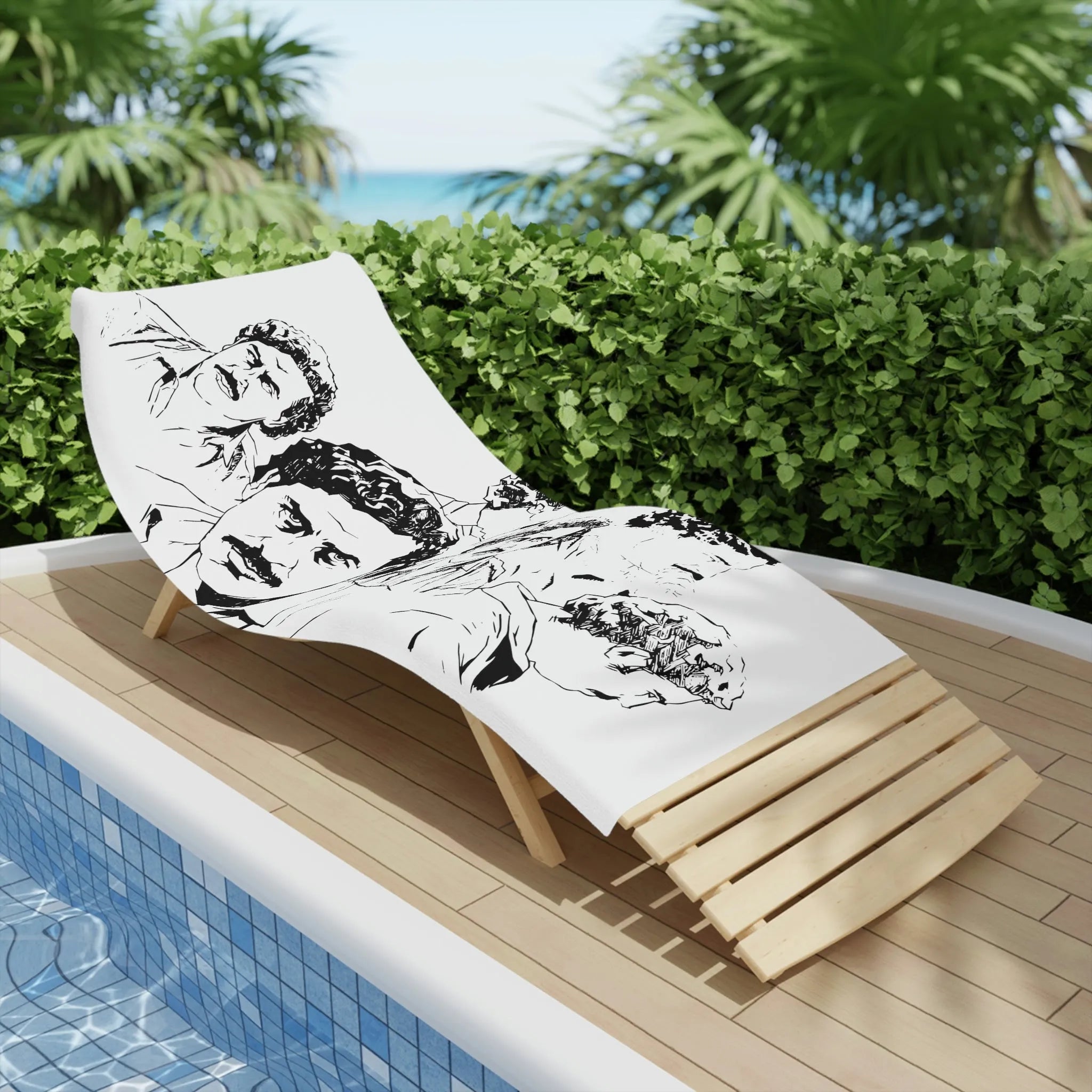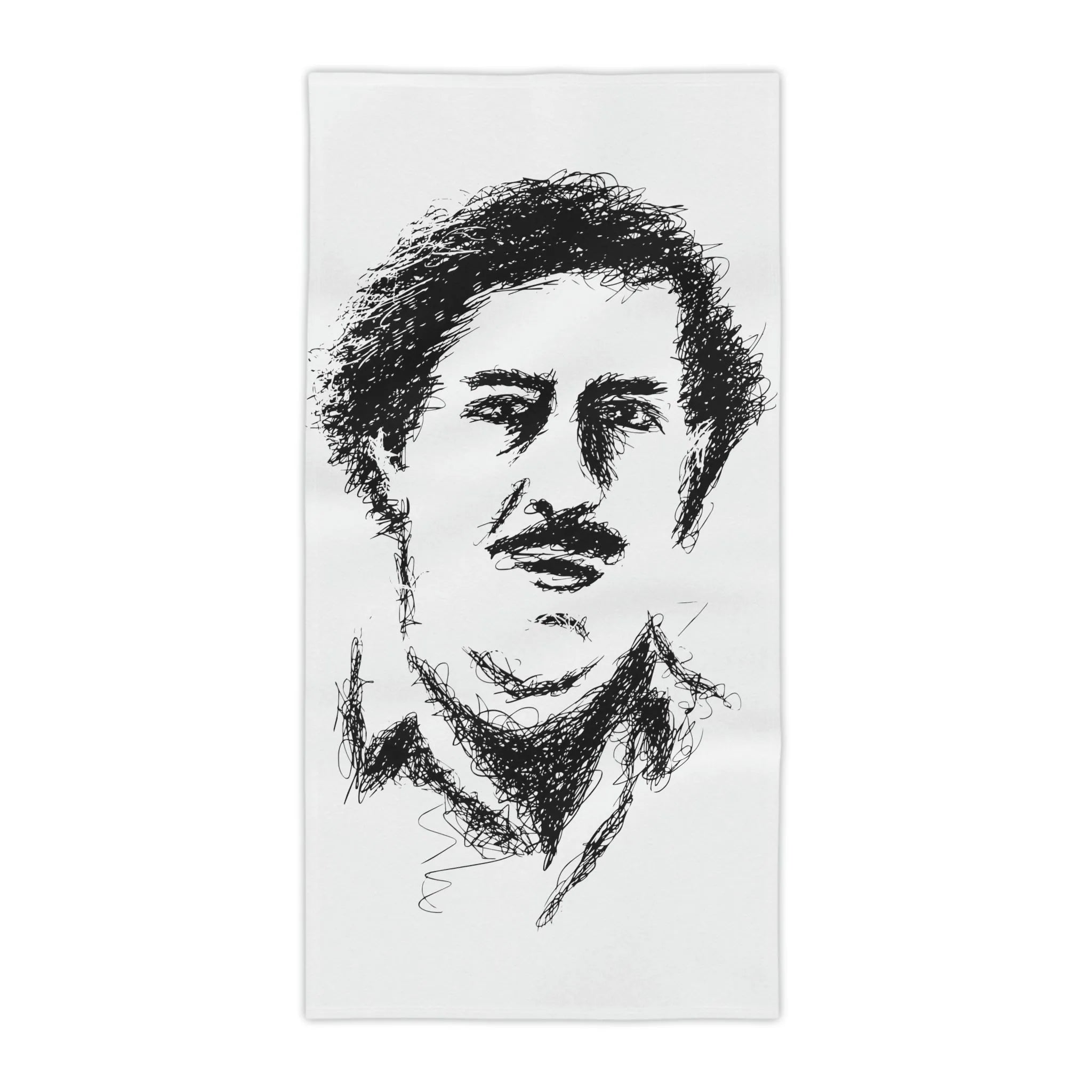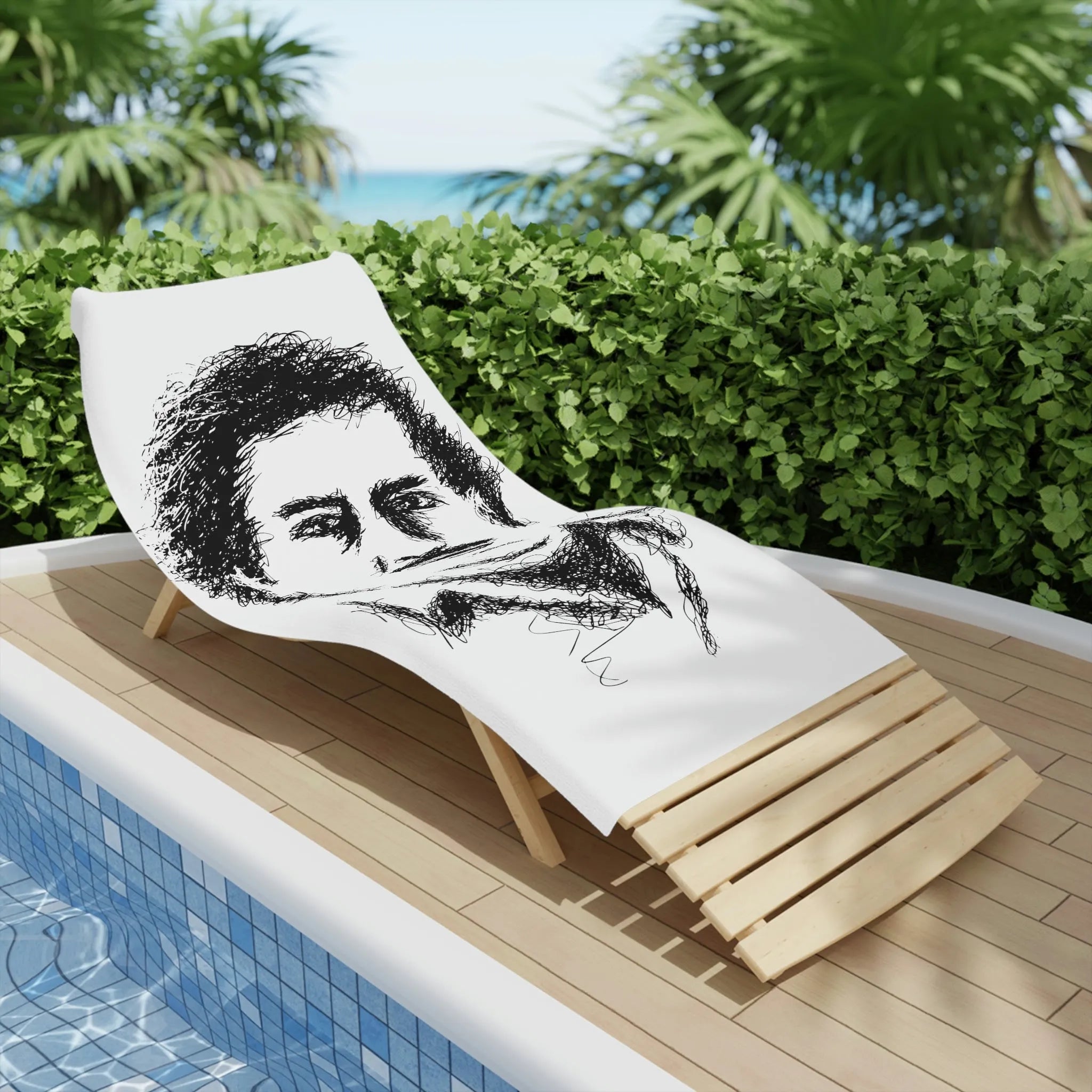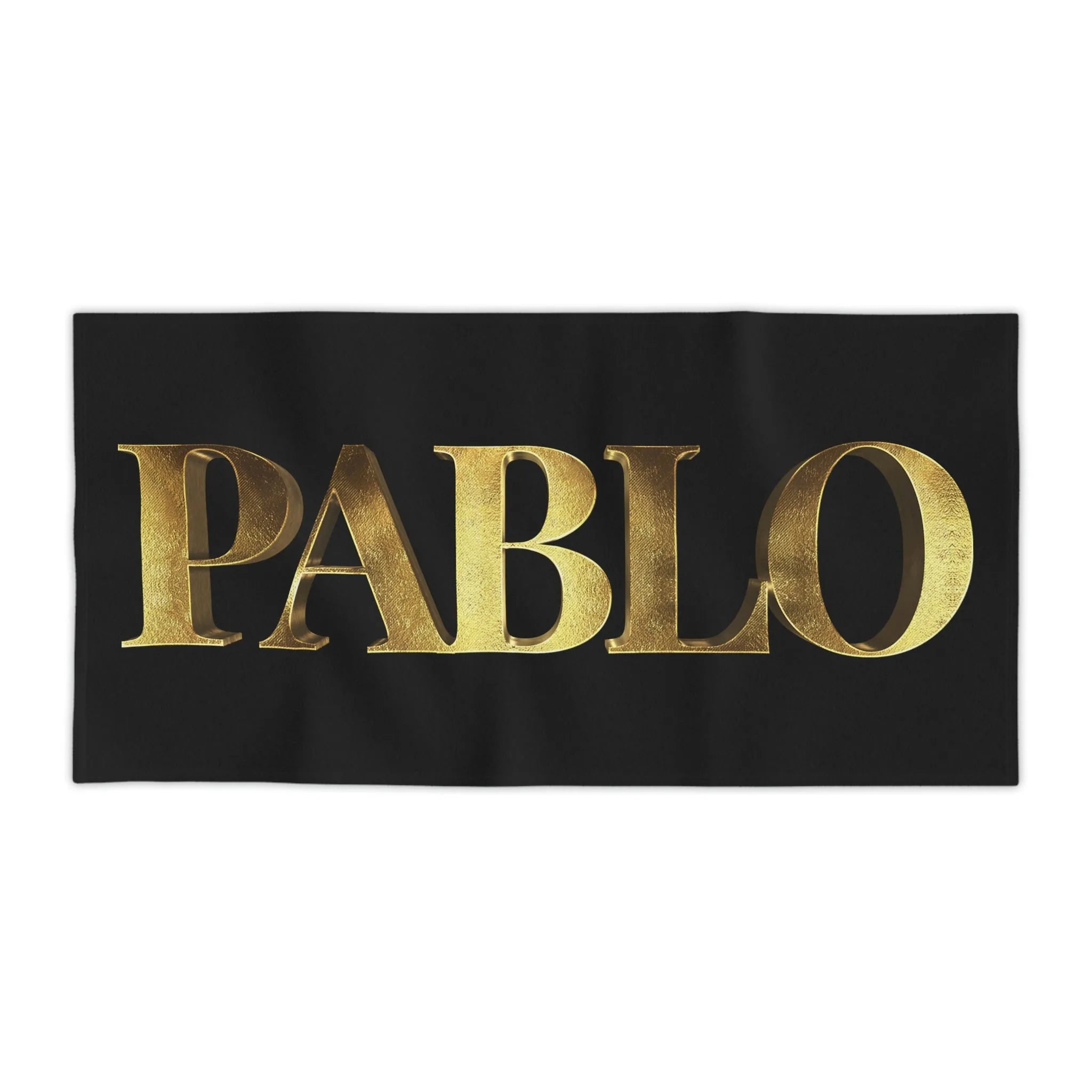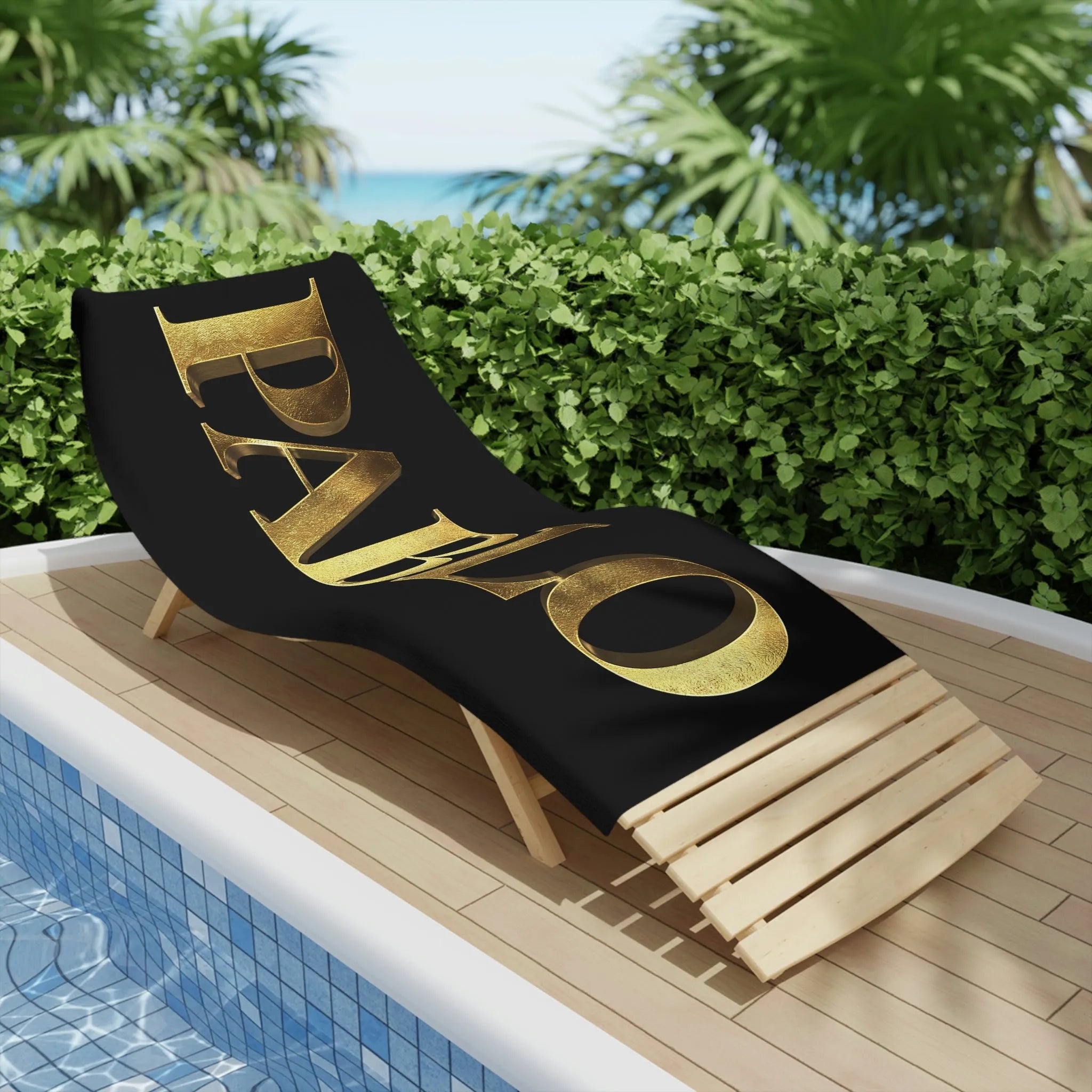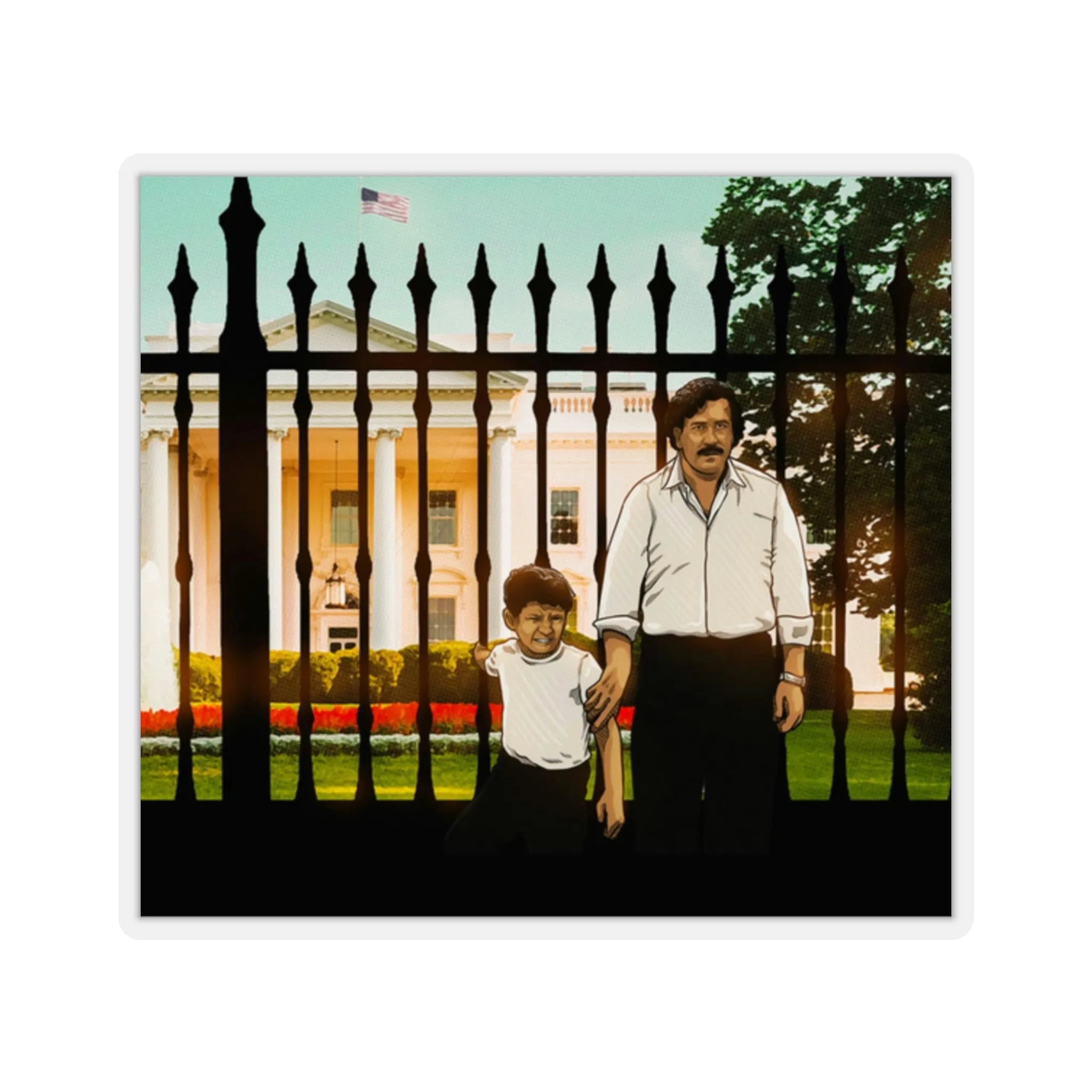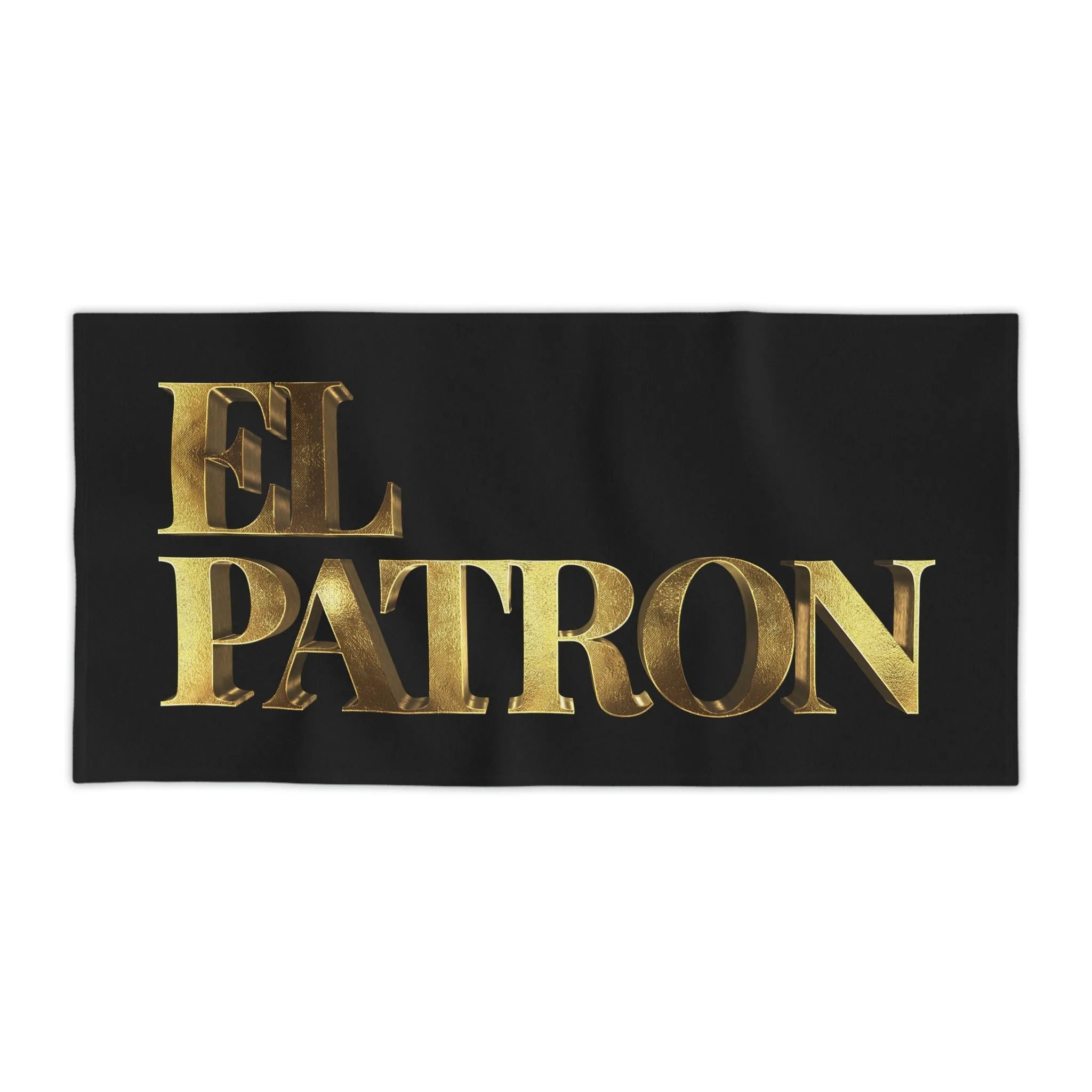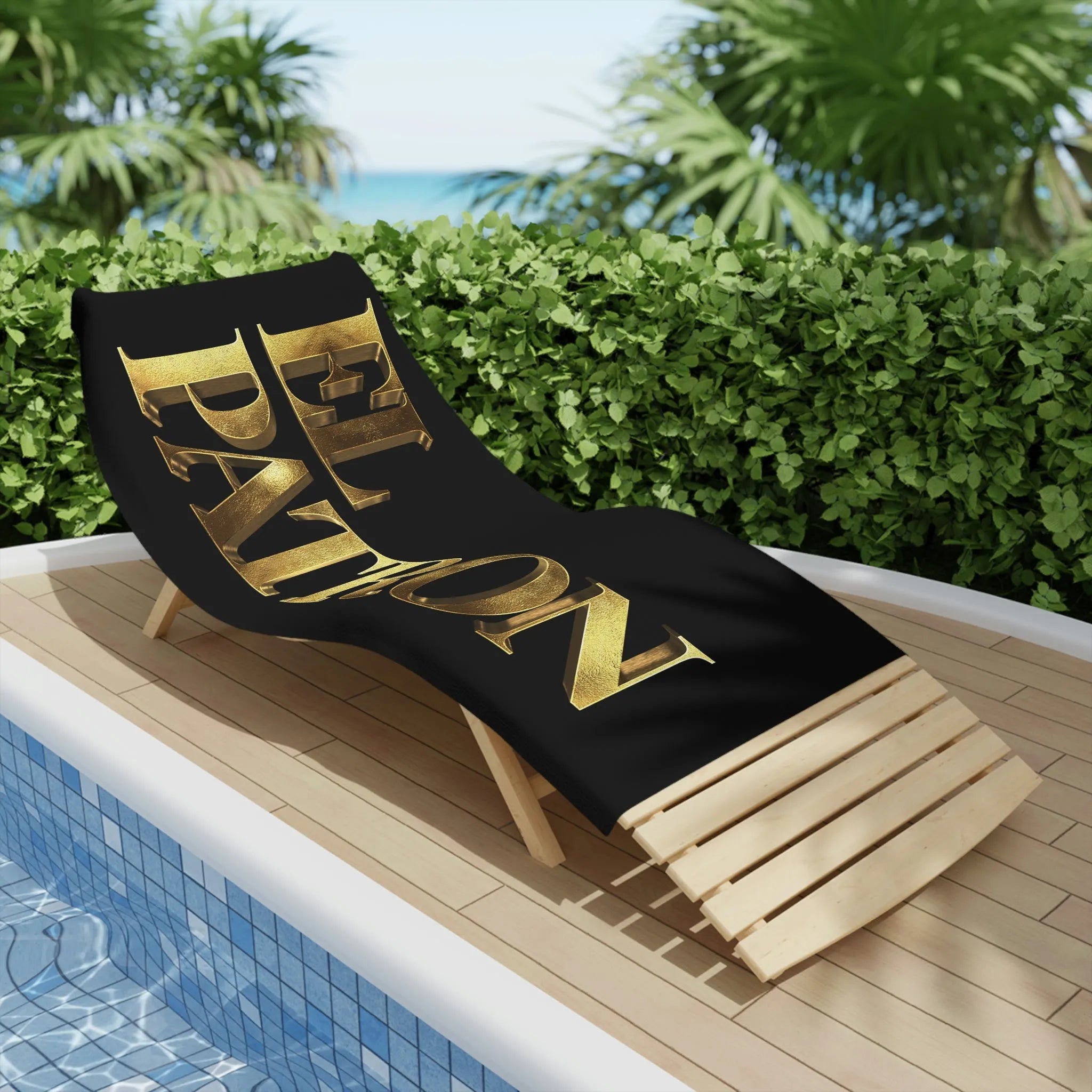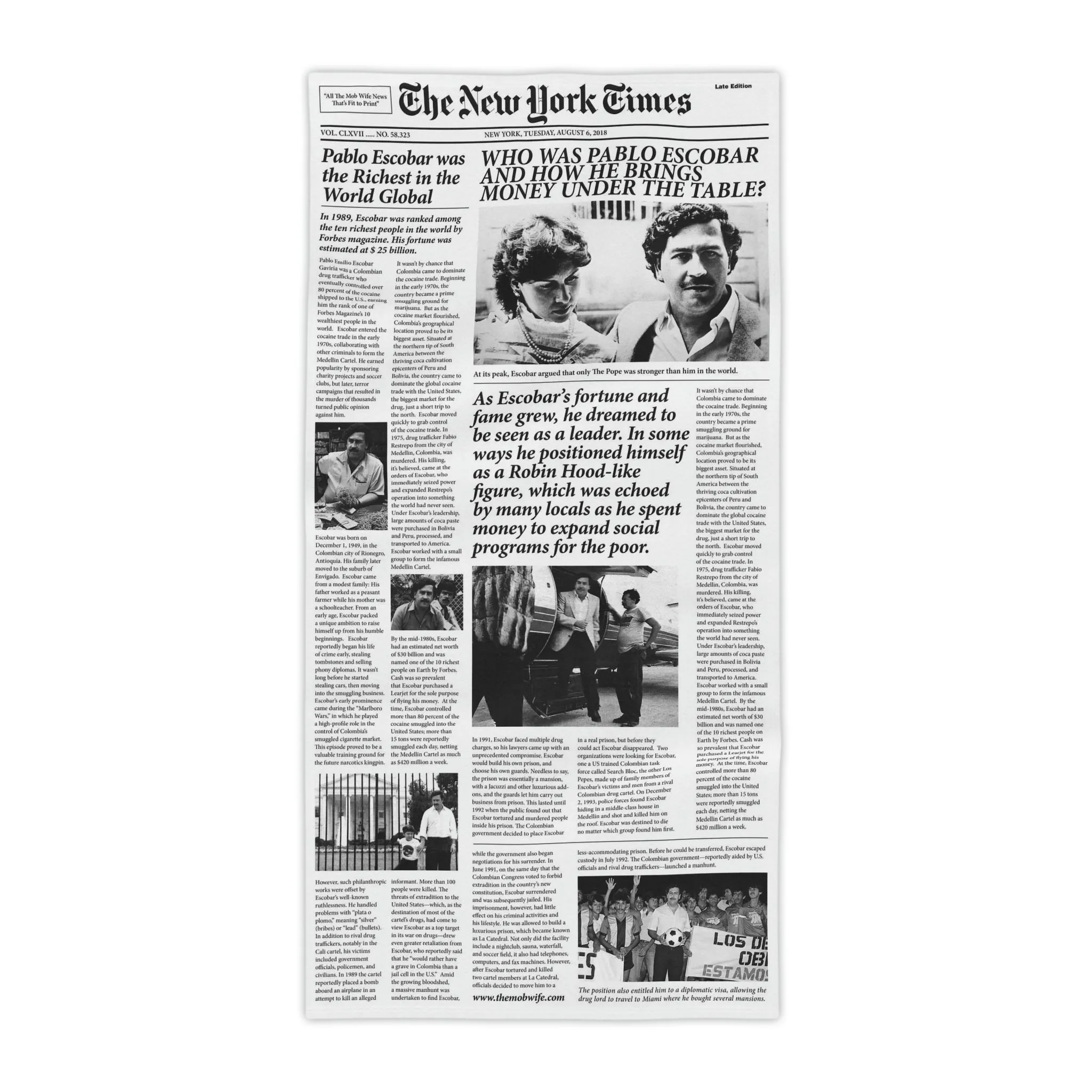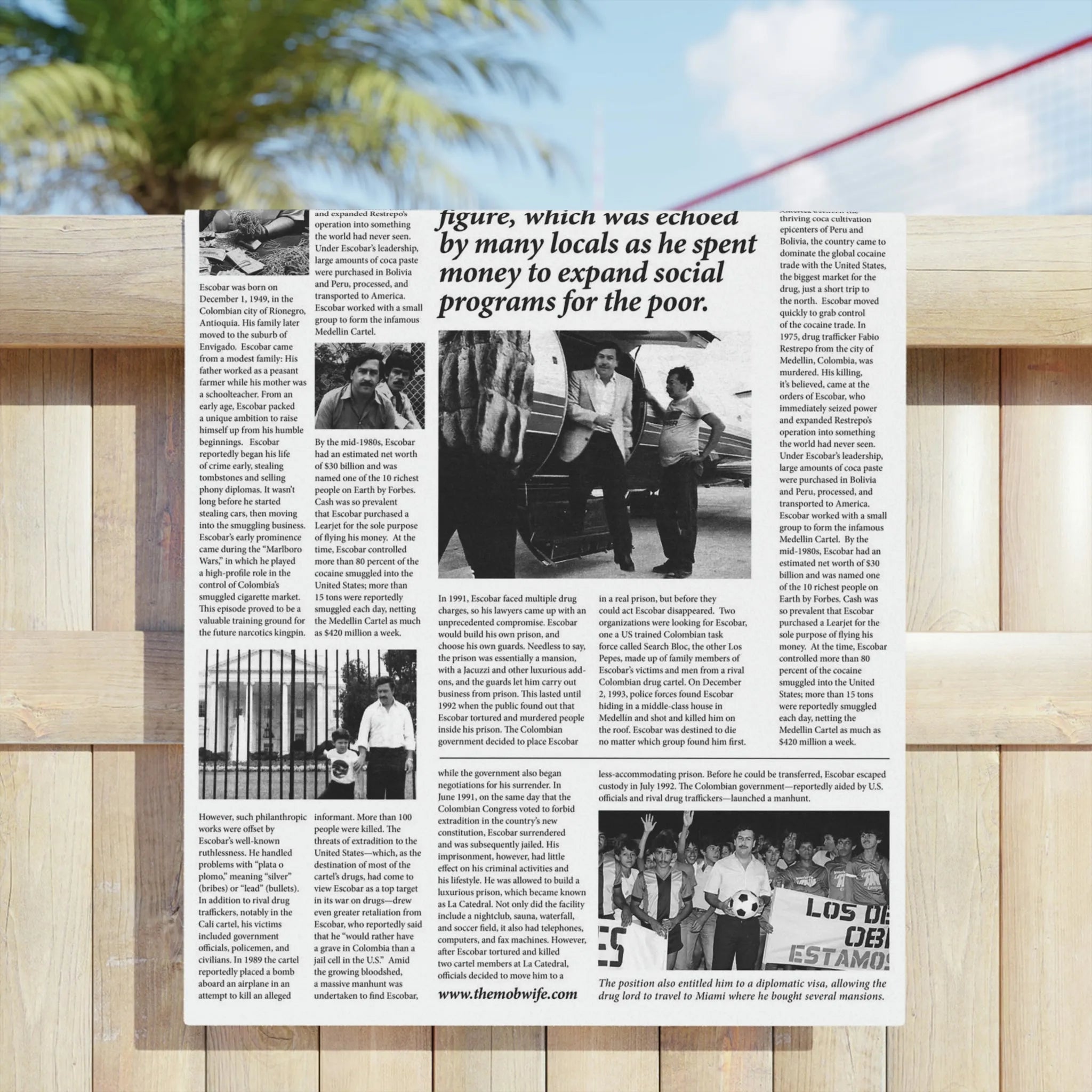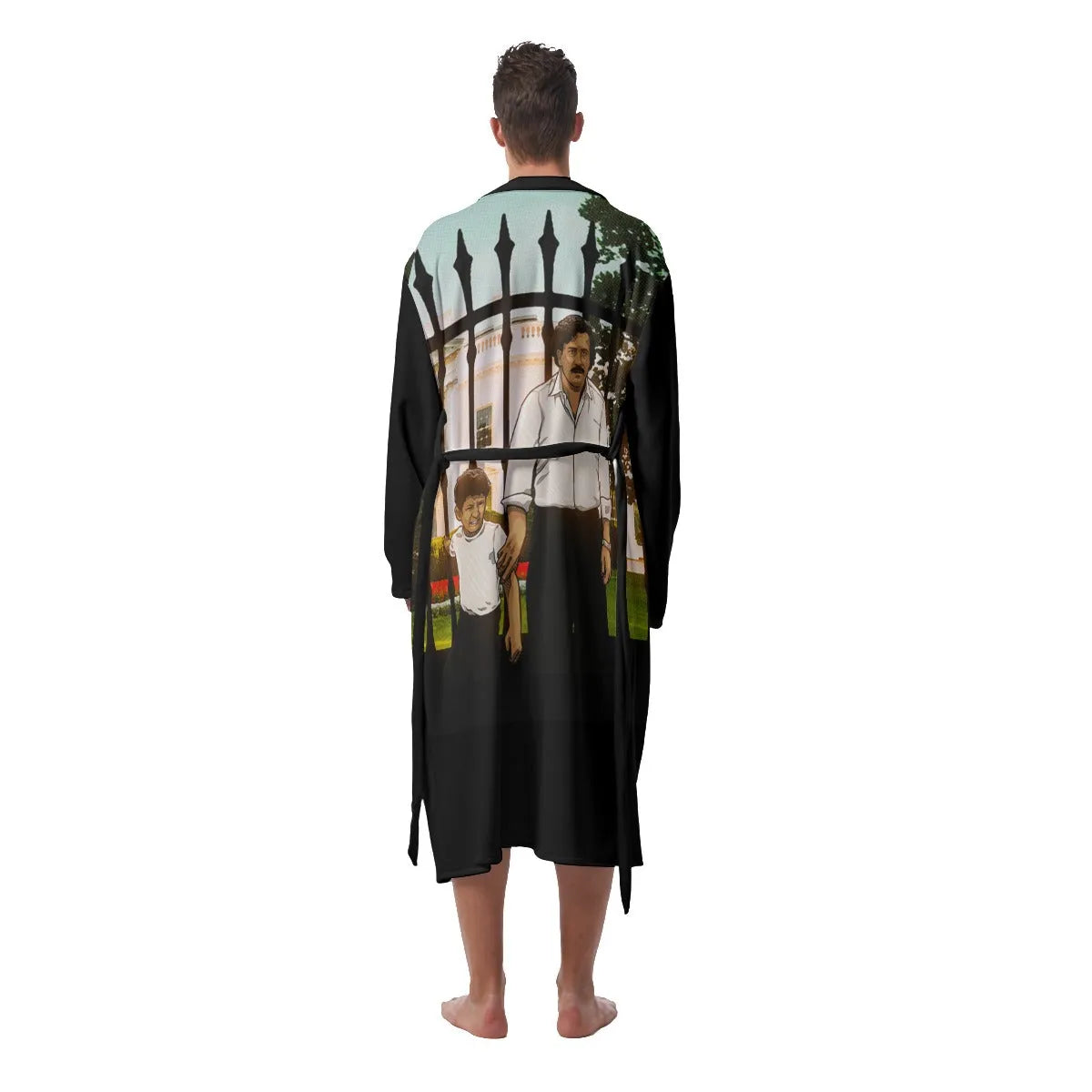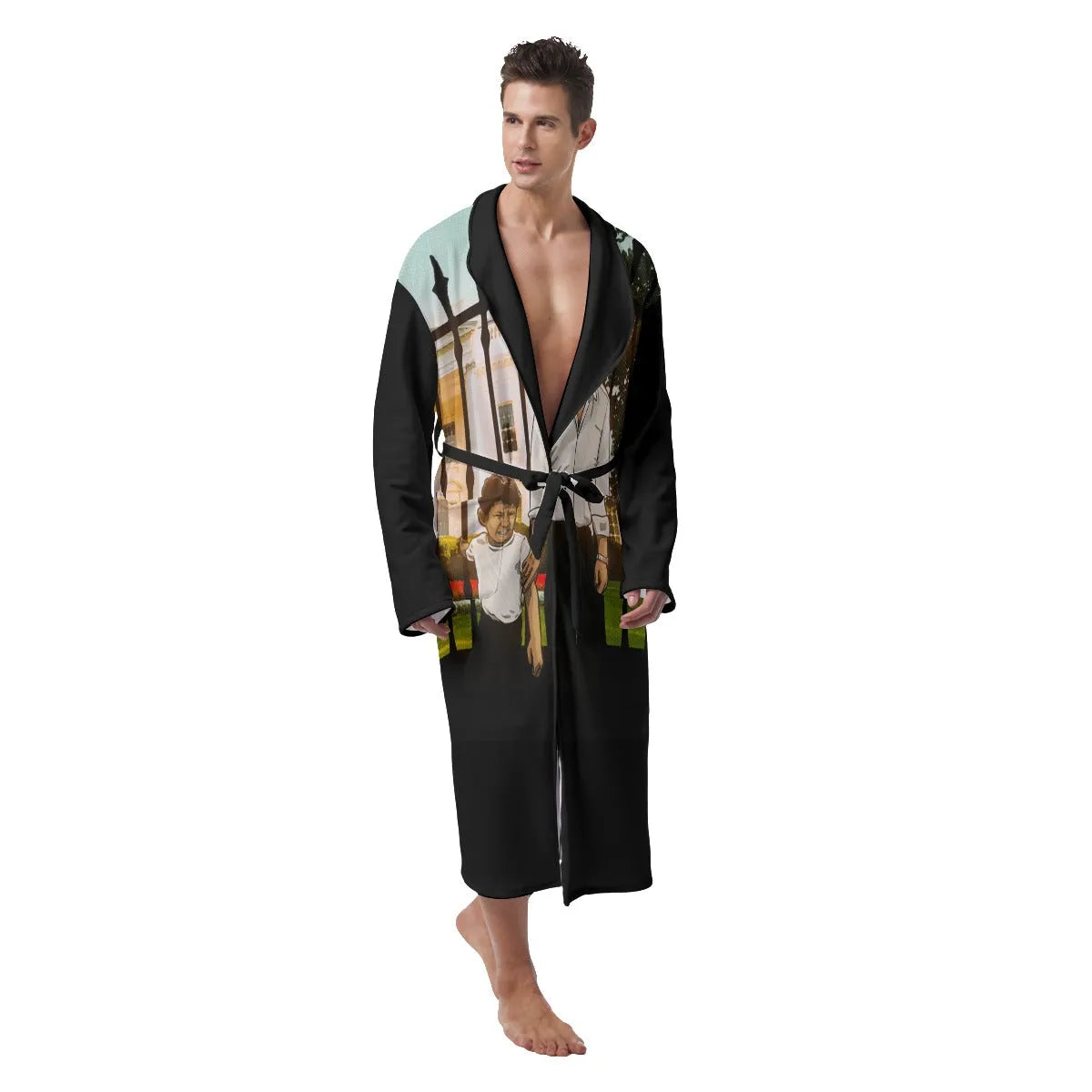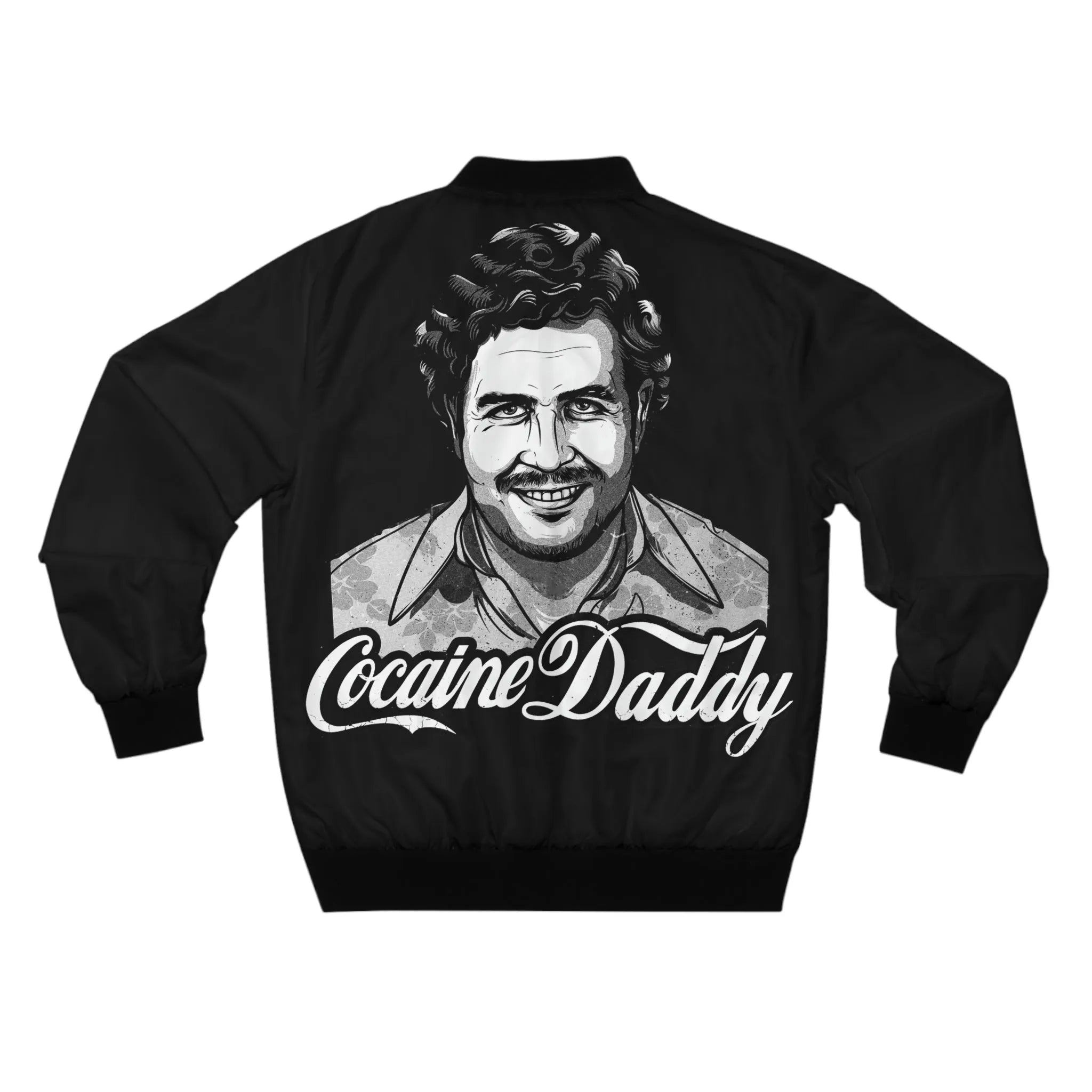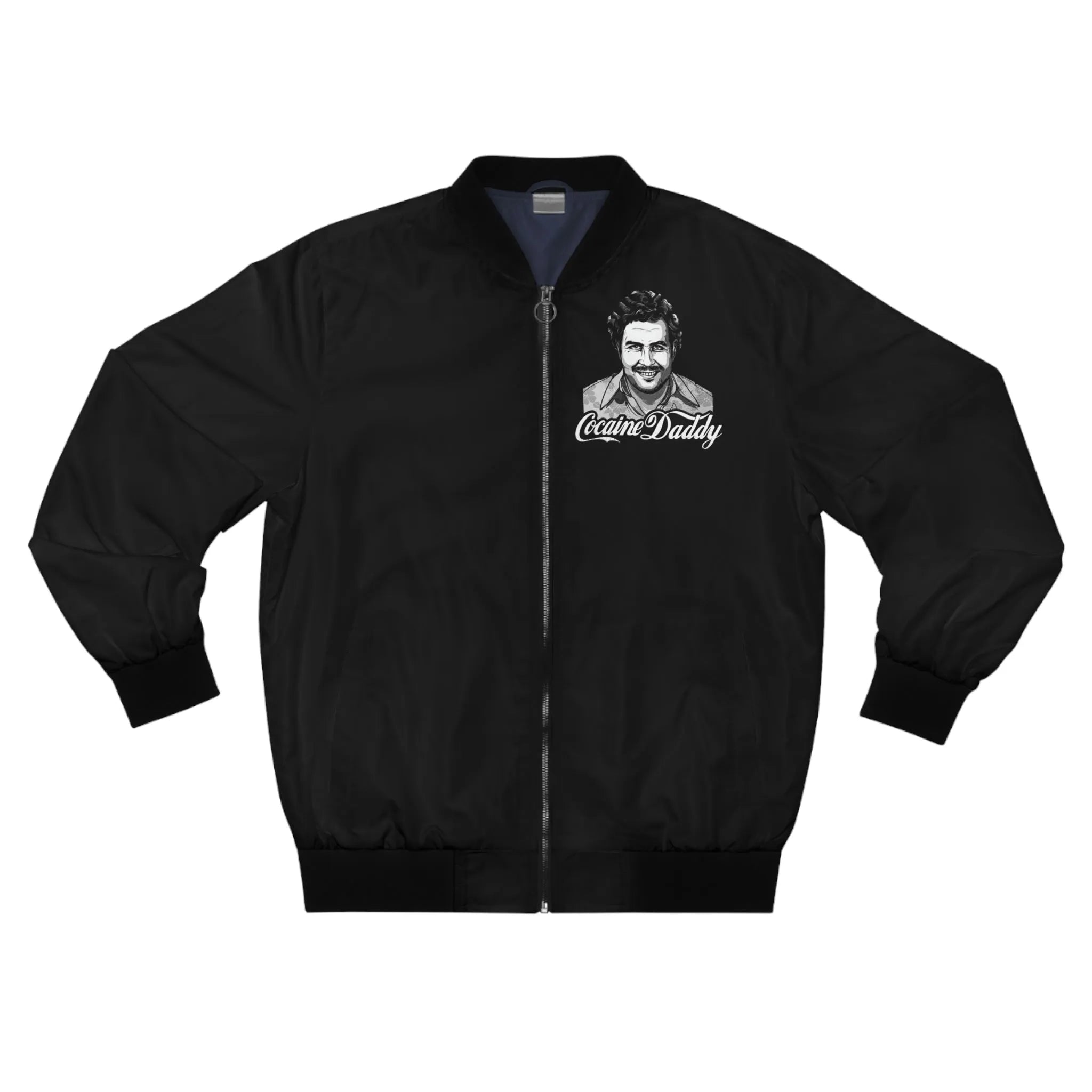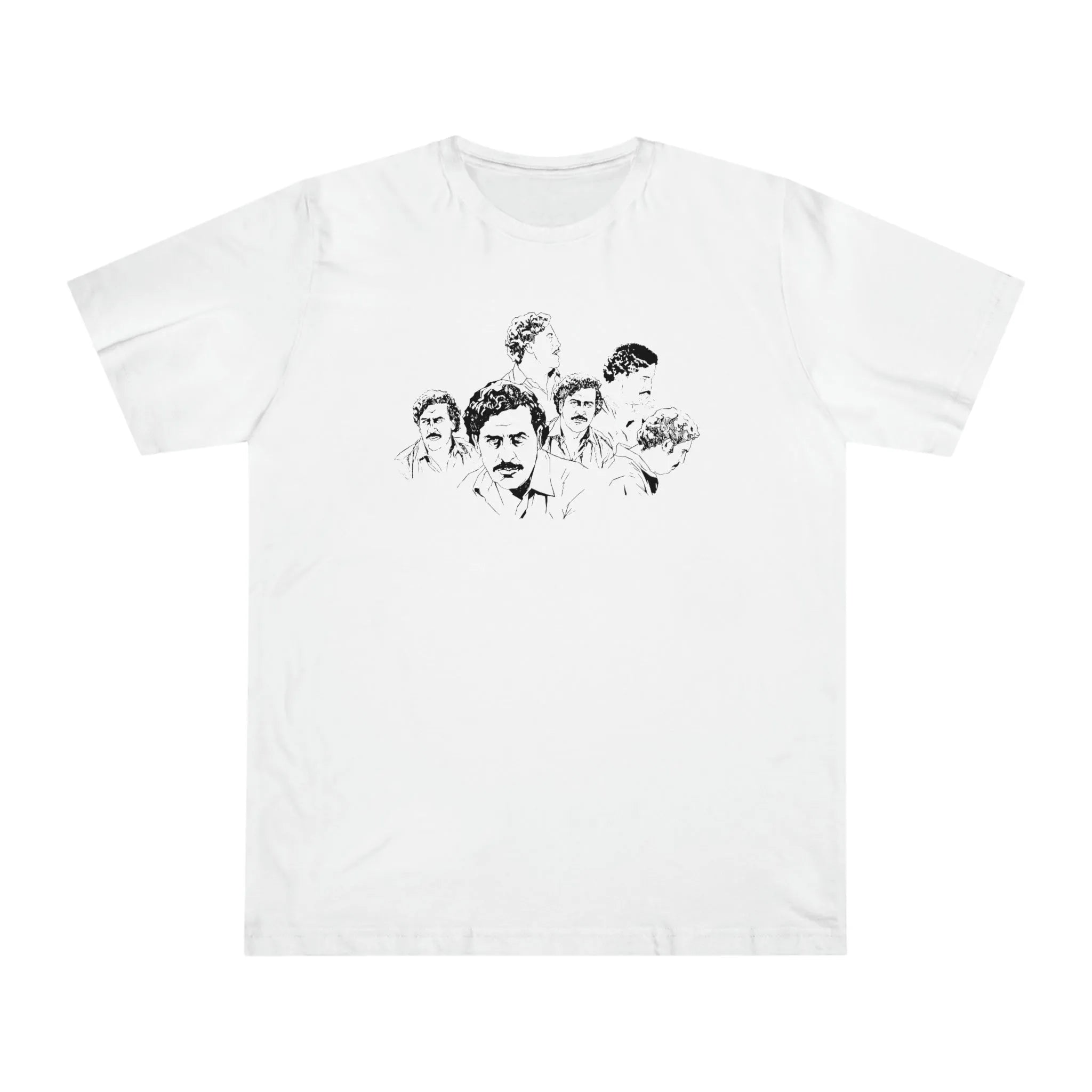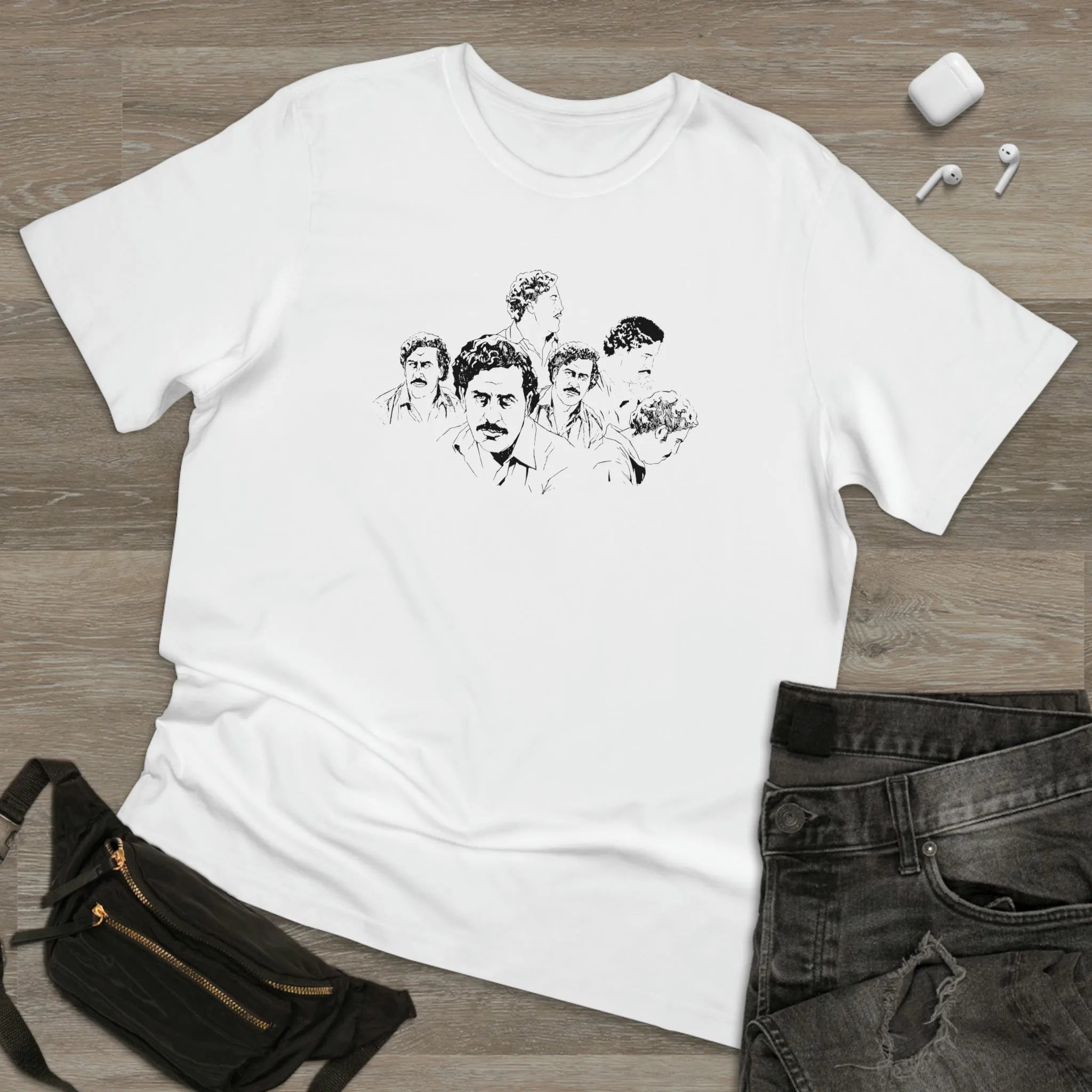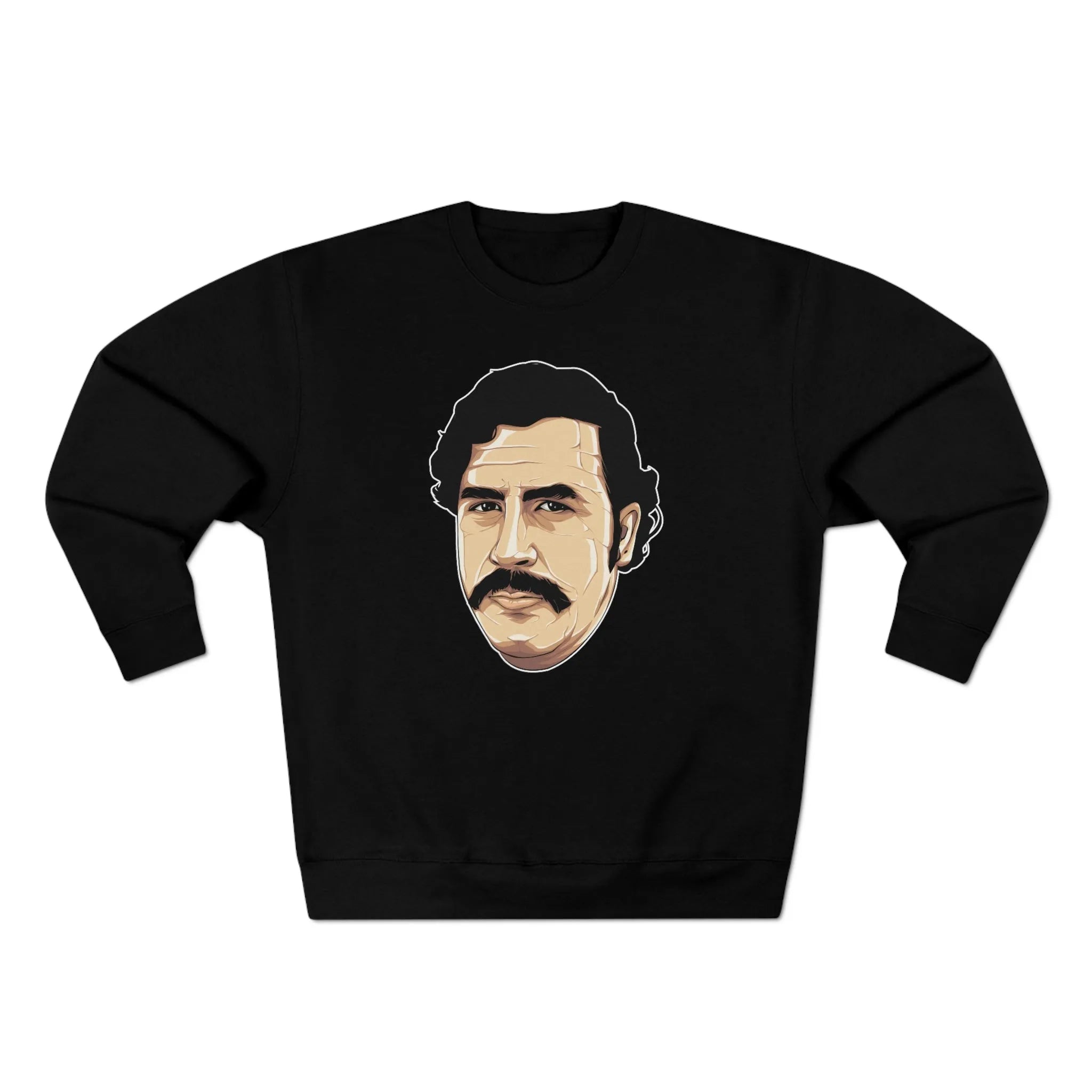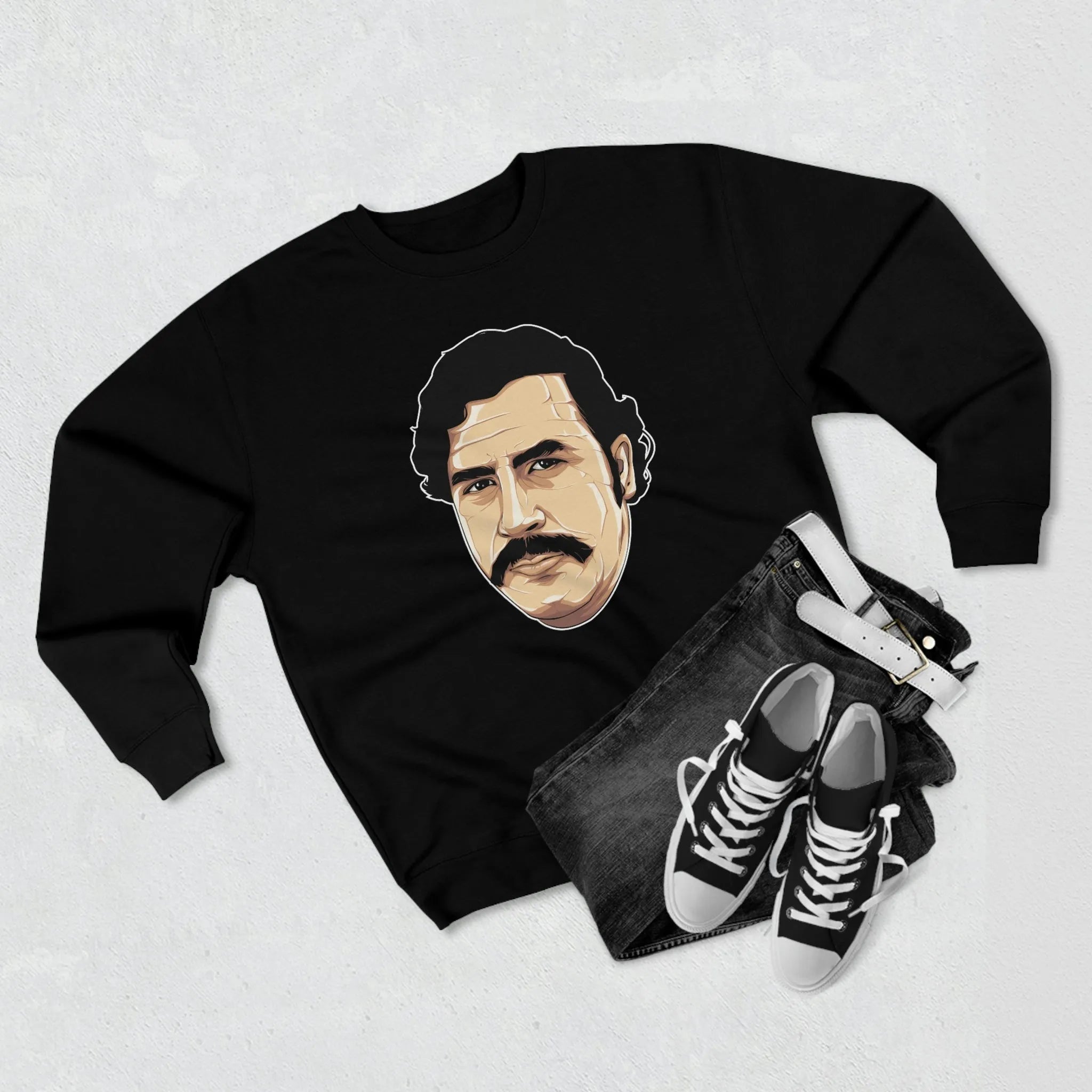Pablo Escobar was born in Rionegro, Colombia, on December 1, 1949, to a farmer father and a schoolteacher mother. He grew up in a poor and violent environment, where he witnessed the social and economic inequalities that plagued his country. He started his criminal... Read more
Pablo Escobar was born in Rionegro, Colombia, on December 1, 1949, to a farmer father and a schoolteacher mother. He grew up in a poor and violent environment, where he witnessed the social and economic inequalities that plagued his country. He started his criminal career as a petty thief, stealing cars, tombstones, and other items, and later became involved in the drug trade, working as a smuggler and a dealer.
He soon realized the huge profits that could be made from cocaine, a drug that was becoming increasingly popular in the United States and Europe. He formed alliances with other drug traffickers and established the Medellín cartel, which would dominate the global cocaine market for decades. He also built a vast empire of properties, businesses, and assets, including a luxurious ranch called Hacienda Nápoles, where he kept a private zoo with exotic animals. He was married to Maria Victoria Henao, with whom he had two children, Juan Pablo and Manuela.
What did he do?
Pablo Escobar was one of the most influential and notorious figures in the history of Colombia and the world. He was involved in various activities and events that had a profound impact on the politics, economy, culture, and security of his country and beyond. Some of the things that he did were:
- He smuggled up to 15 tons of cocaine per day into the United States and other countries, making an estimated $30 billion a year at the peak of his power. He used various methods to transport his drugs, such as planes, boats, submarines, and even human mules. He also bribed, threatened, or killed anyone who tried to stop him, such as police officers, judges, politicians, journalists, and competitors.
- He waged a war against the Colombian state and society, especially after the government signed an extradition treaty with the United States in 1979, which allowed the extradition of Colombian citizens accused of drug-related crimes. He formed a paramilitary group called “Los Extraditables” (The Extraditables), which carried out a series of terrorist attacks, assassinations, kidnappings, and bombings, targeting public officials, institutions, civilians, and rival cartels. He also financed and supported various guerrilla groups, such as the M-19 and the FARC, which fought against the government and the military. He was responsible for the deaths of about 4,000 people, including an estimated 200 judges and 1,000 police officers.
- He tried to enter politics and gain legitimacy and popularity among the Colombian people. He ran for Congress in 1982 as a member of the Liberal Party and won a seat as an alternate representative. However, his political career was short-lived, as he was exposed and denounced by the Minister of Justice, Rodrigo Lara Bonilla, who was later assassinated by Escobar’s hitmen. Escobar also attempted to negotiate with the government and offer to pay off the national debt and surrender in exchange for lenient sentences and no extradition for him and his associates. However, his proposals were rejected or failed to materialize, as he continued to commit crimes and evade justice.
- He cultivated a public image of a benevolent and generous benefactor, who helped the poor and the marginalized sectors of society. He donated money and built schools, hospitals, churches, soccer fields, and housing projects for the needy, especially in his hometown of Medellín. He also sponsored sports teams, cultural events, and social movements, and gained the support and admiration of many Colombians, who saw him as a “Robin Hood” figure. He also used his wealth and influence to corrupt and manipulate the media, public opinion, and the legal system, in order to portray himself as a victim and a hero and to discredit and undermine his enemies.
Pablo Escobar Rise to Power
Pablo Escobar became so powerful because he was able to exploit the huge demand for cocaine in the United States and other countries and establish a monopoly over the global cocaine trade. He also used his wealth and influence to corrupt, intimidate, or eliminate anyone who opposed him, such as the Colombian government, the United States, the rival cartels, and the media. He also tried to gain legitimacy and popularity among the Colombian people by portraying himself as a benefactor and a patriot, and by offering to negotiate with the authorities. Some of the factors that contributed to his rise to power were:
- He had a network of loyal and efficient associates, such as his cousin Gustavo Gaviria, his brother Roberto Escobar, his chief of security José Gonzalo Rodríguez Gacha, and his hitman John Jairo Velásquez, who helped him run his drug empire and carry out his orders. He also had connections with other drug lords, such as Carlos Lehder, Jorge Luis Ochoa, and Gilberto Rodríguez Orejuela, who formed the Medellín cartel with him.
- He had access to vast amounts of coca paste from Peru, Bolivia, and Ecuador, which he refined into cocaine in his laboratories in Colombia. He also had innovative and sophisticated methods of transporting his drugs, such as using planes, boats, submarines, and even human mules. He also had a fleet of planes and helicopters, and a private airstrip, which he used to evade detection and interception.
- He had a ruthless and violent strategy of dealing with his enemies, which he called “Plata o Plomo” (silver or lead). He would offer bribes or threats to anyone who tried to stop him, and if they refused, he would resort to murder. He was responsible for thousands of deaths, including judges, police officers, politicians, journalists, and civilians. He also orchestrated terrorist attacks, such as bombings, kidnappings, and assassinations, which caused chaos and fear in Colombia and beyond. He also supported and financed guerrilla groups, such as the M-19 and the FARC, which fought against the government and the military.
- He had a political ambition and a public image of a benevolent and generous leader, who helped the poor and the marginalized sectors of society. He ran for Congress in 1982 as a member of the Liberal Party and won a seat as an alternate representative. He also donated money and built schools, hospitals, churches, soccer fields, and housing projects for the needy, especially in his hometown of Medellín. He also sponsored sports teams, cultural events, and social movements, and gained the support and admiration of many Colombians, who saw him as a “Robin Hood” figure. He also used his wealth and influence to corrupt and manipulate the media, public opinion, and the legal system, in order to portray himself as a victim and a hero and to discredit and undermine his enemies.
United States' role in Pablo Escobar's rise to power
The role of the United States in Pablo Escobar’s rise to power was complex and controversial. On one hand, the United States was one of the main markets and consumers of Escobar’s cocaine, which provided him with enormous profits and influence. The United States also had a history of covert involvement and intervention in Colombia’s politics and security, which sometimes benefited or hindered Escobar’s interests. On the other hand, the United States was also one of the main adversaries and opponents of Escobar, who sought to extradite him and dismantle his drug empire. The United States supported and trained the Colombian government and security forces, as well as Escobar’s rivals, in their efforts to capture and kill him. The United States also imposed sanctions and pressure on Colombia to cooperate and comply with its anti-drug policies.

